

The Taste of LUXURY
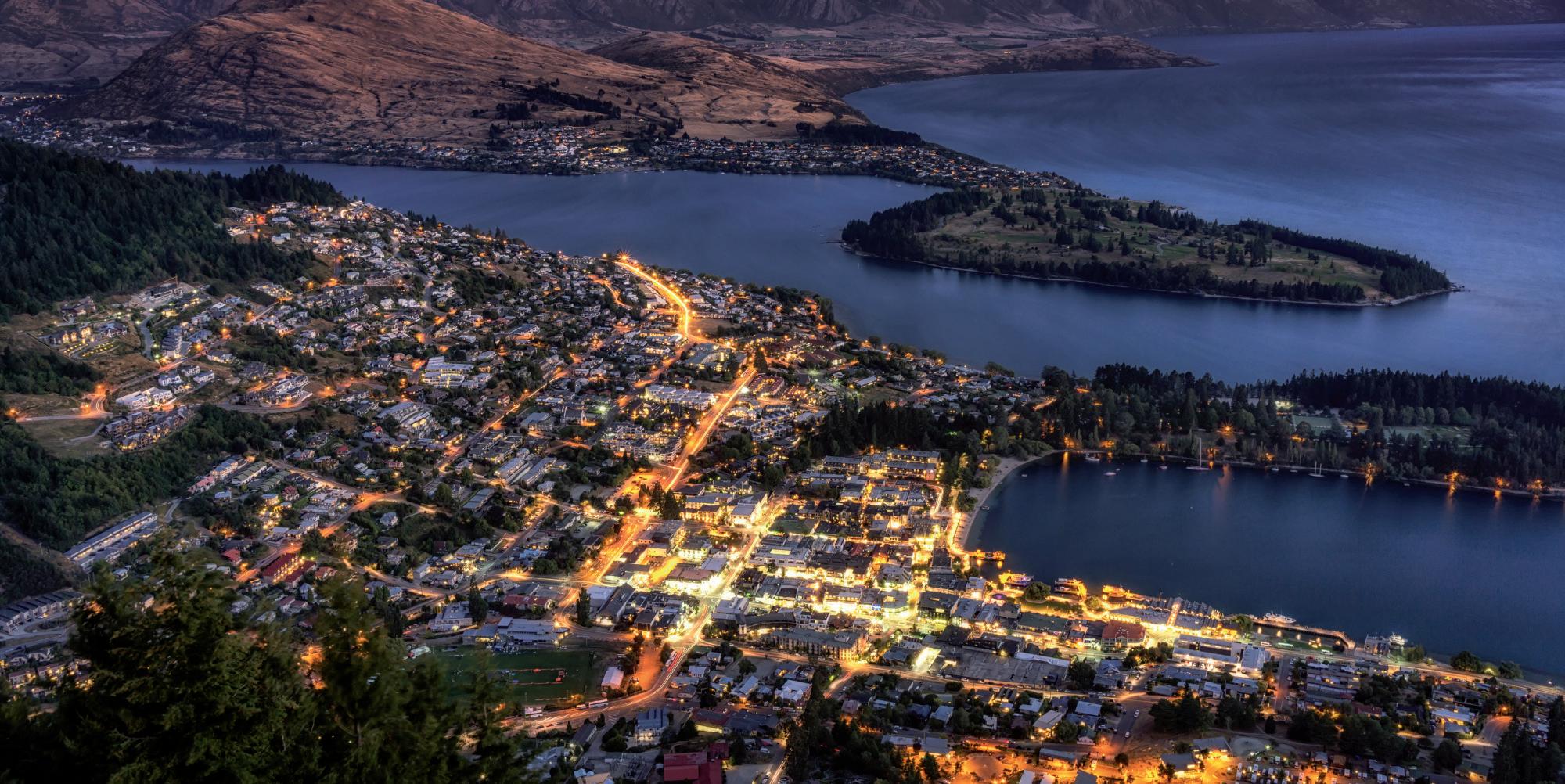
Pressure Points & Bright Spots
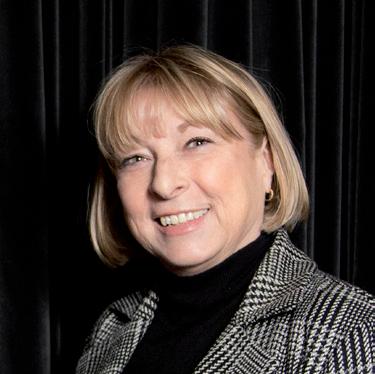
Tania Walters | Publisher
The hotel sector in New Zealand is navigating a mixed recovery, and the picture varies greatly depending on region and market segment. Auckland, still weighed down by an influx of new supply and softer demand, continues to report weaker occupancy and RevPAR than before the pandemic. The city’s mid-market operators are under particular strain, caught
between competitive pressures and rising operating costs that leave little margin for growth. Wellington faces similar headwinds, with public sector cuts dampening business confidence and travel, adding to the difficulties of maintaining sustainable performance.
Like the curate’s egg, it is not all bad. Queenstown, Rotorua and the luxury hotel segment are standing out as clear exceptions, defying national trends and delivering impressive results. These destinations, heavily leisure-driven or positioned at the upper end of the market, are demonstrating the power of traveller choice. Even in a climate of economic caution, visitors are still willing to spend on experiences and destinations that promise quality, comfort and uniqueness. Their performance is a reminder that

PUBLISHER: Tania Walters
ADMINISTRATION MANAGER: Kieran Mitchell
EDITOR-IN-CHIEF: Caitlan Mitchell
HEAD OF CONTENT: Sarah Mitchell
CONTENT MANAGERS: Caroline Boe, Daniel Rogers
EDITORIAL TEAM: Sam Francks, Jenelle Sequeira
SENIOR DESIGNER: Raymund Sarmiento
GRAPHIC DESIGNER: Raymund Santos

recovery is uneven, but also that opportunity remains for those with the right positioning and offer.
The months ahead will test how well the wider sector can balance cost escalation, fluctuating demand and the urgent need for reinvestment in infrastructure and services. Operators are already being forced to do more with less, all while managing staff shortages and changing consumer expectations. Yet there are grounds for cautious optimism. Strong results in certain regions, coupled with ongoing investor appetite for premium assets, suggest that confidence in the longterm fundamentals of New Zealand’s hotel and tourism market remains intact. The challenge now lies in bridging the gap between resilience at the top end and the pressure points in city and midscale markets. l





Our Network:













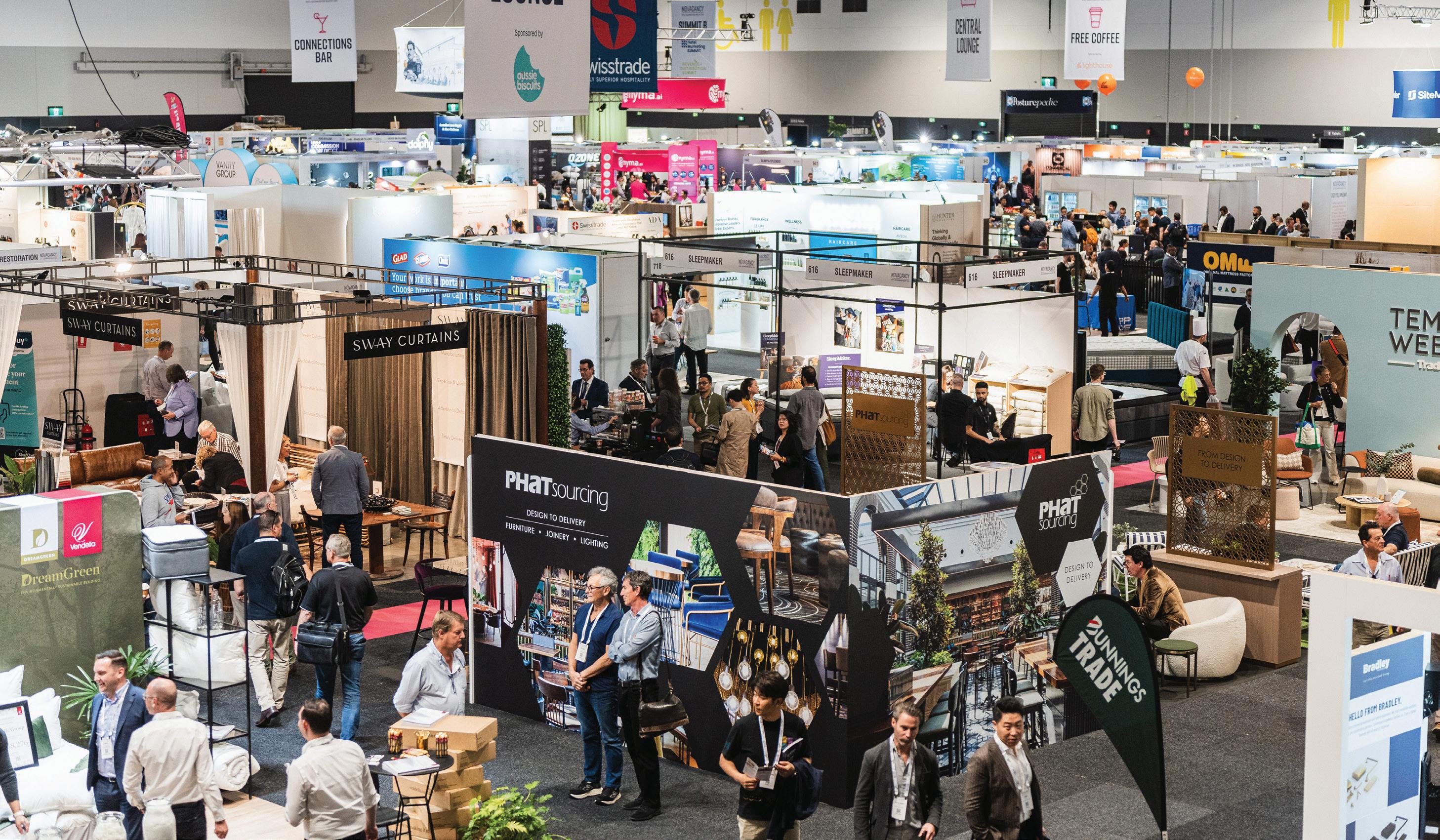
TimeOut Partners with HPNZ
TimeOut has joined forces with Holiday Parks New Zealand to broaden the charity's outreach across the country.
Holiday Parks New Zealand has partnered with TimeOut, a charity connecting those with terminal illnesses with generous accommodation providers around the country.
CLICK TO READ MORE
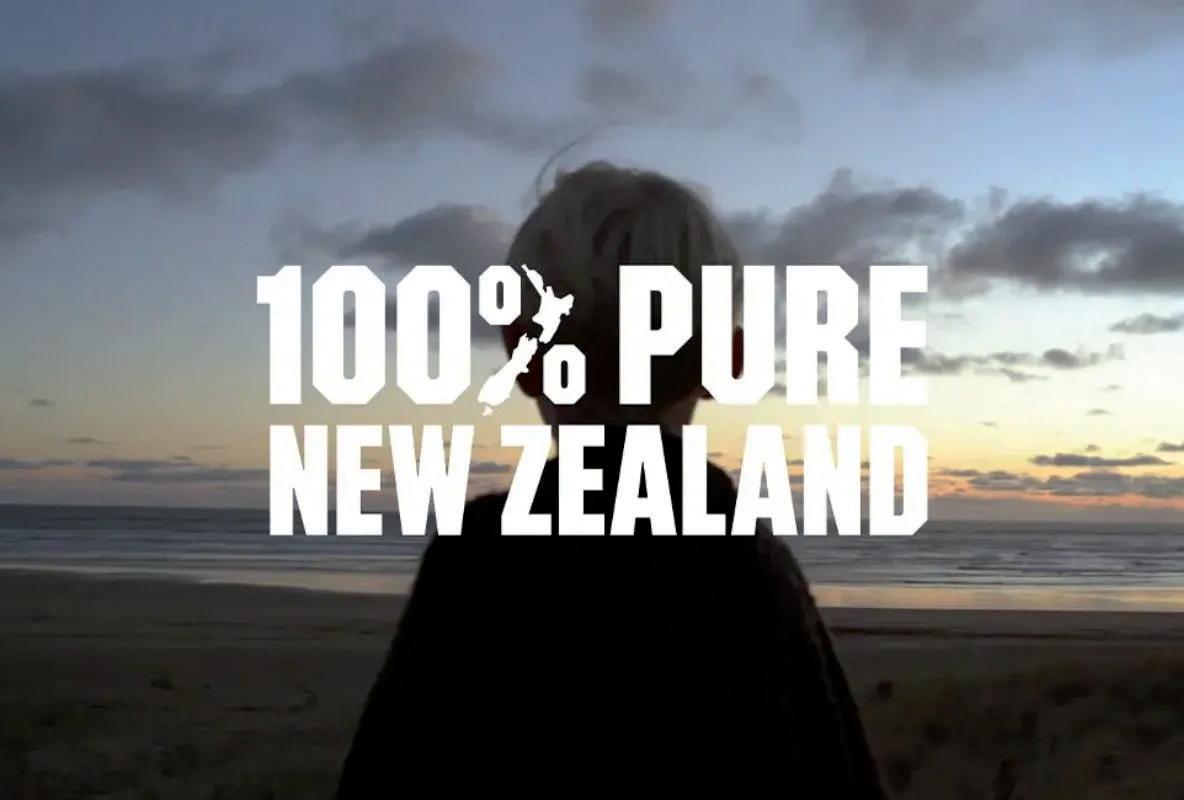
Tourism Board Welcomes New Members
Newly appointed members to the New Zealand Tourism Board have been welcomed by Minister Louise Upston.
Tourism and Hospitality Minister Louise Upston today announced the appointment of five new members, and one reappointment, to the New Zealand Tourism Board.
CLICK TO READ MORE
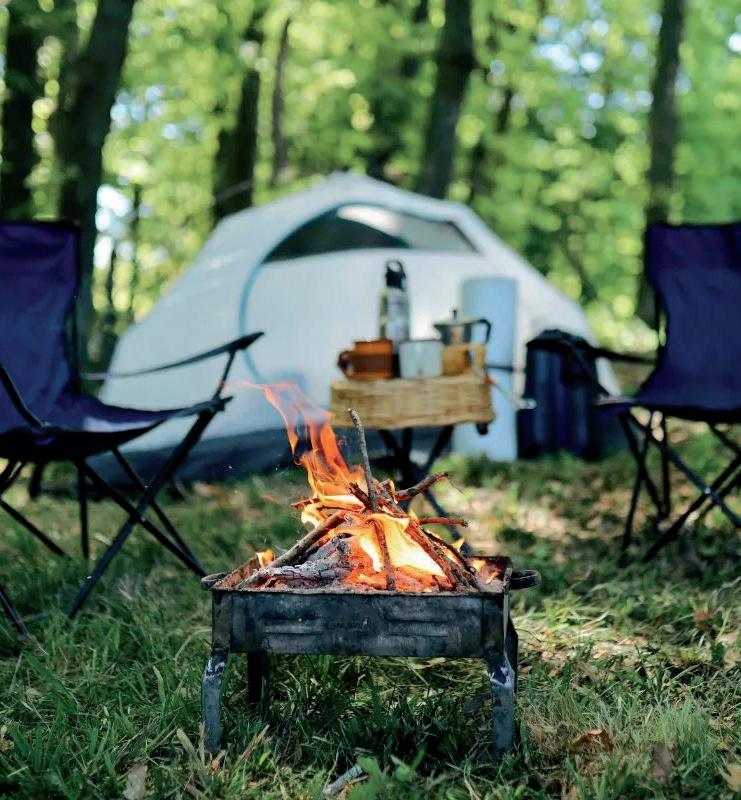
RMS Pay Launches in North America
RMS Pay has launched in North America to automate payments and boost hospitality profits for accommodation operators.
RMS, the hospitality platform for hotels, serviced apartments, vacation rentals, and outdoor accommodations, has officially launched RMS Pay in the United States and Canada.
CLICK TO READ MORE


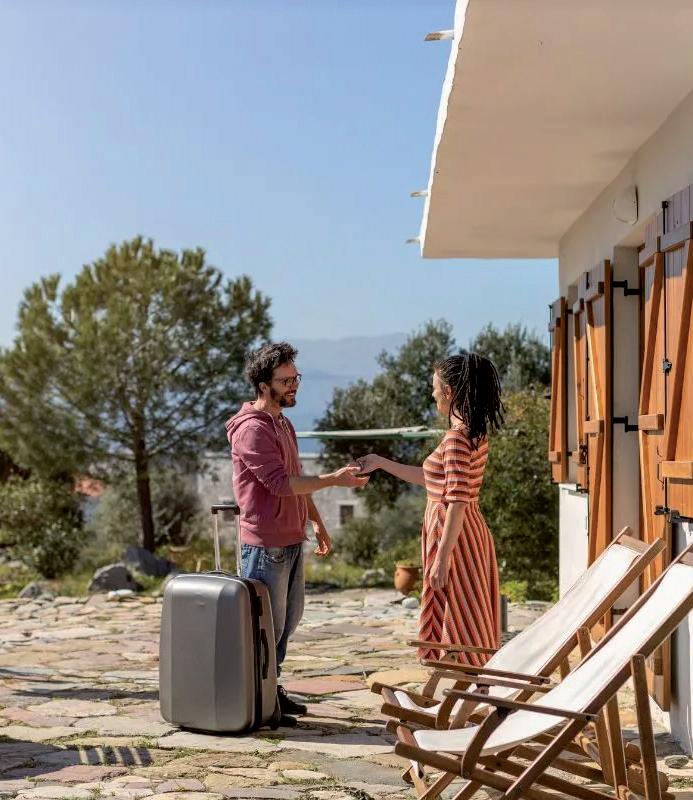
Airbnb Continue Strong Industry Foothold
A new report has revealed Airbnb had a strong foothold on the Australian accommodation market, with over AUD 20 billion.
New research by Oxford Economics and commissioned by Airbnb shows that spending associated with Airbnb contributed an estimated AUD 20.3 billion to Australia’s economy in 2024, approximately seven percent of the country’s tourism GDP. Economic activity from Airbnb’s presence also helped support 107,000 jobs while contributing an estimated AUD 7 billion in wage income.
The report found a continued recovery in domestic travel, with domestic guests accounting for around 84 percent of Airbnb stays in 2024, an almost 10 percent points increase on the 2019 pre-COVID share.
CLICK TO READ MORE
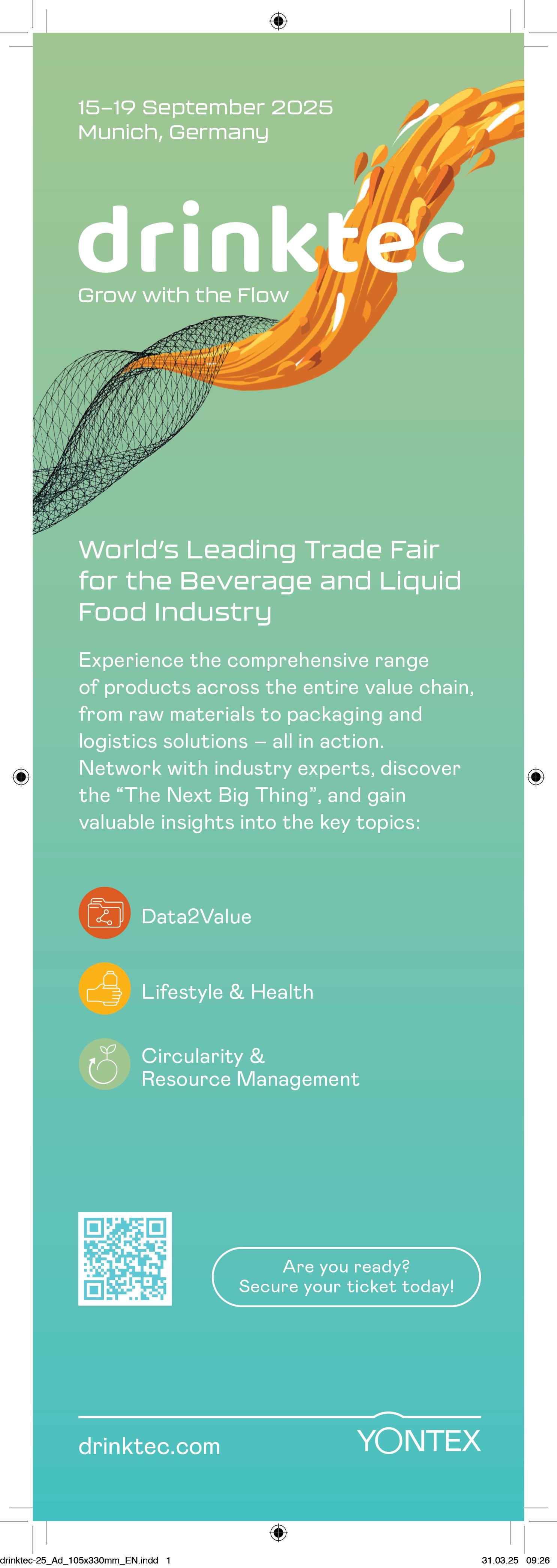
Synthony in the Sky Prepares for Takeoff
Air New Zealand Flight NZ1331 will become a rave, as Synthony in the Sky prepares to take its first flight this December from Auckland to Sydney.
This December, Air New Zealand is turning the skies into a stage. The airline is introducing SYNTHONY in the Sky, a first-ofits-kind, one-off inflight celebration, bringing the homegrown SYNTHONY experience, a collision of electronic dance music and classical orchestra, to 30,000 feet.
CLICK TO READ MORE
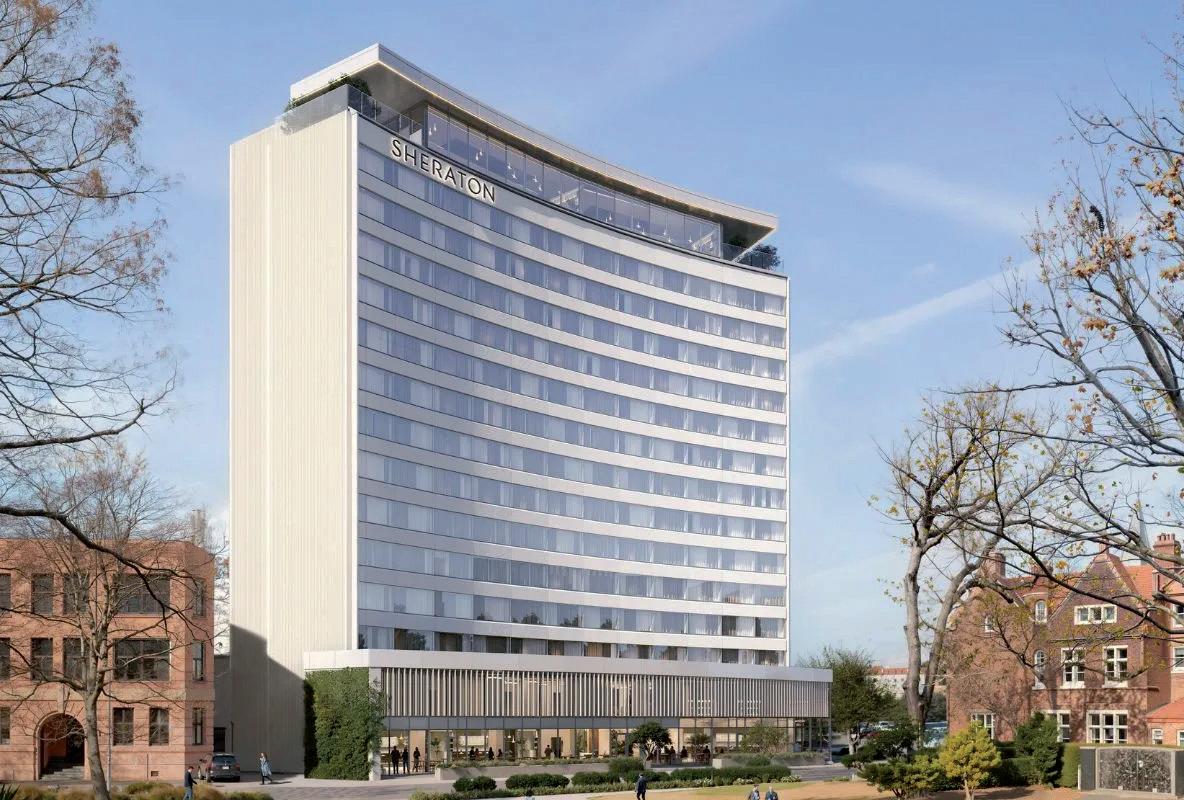
The Sheraton Christchurch Set for 2027 Opening
The Garden City is set to open its latest, transformative property, The Sheraton Christchurch, in the iconic Noah's Hotel site. Mainland Capital and Russell Property Group have signed a hotel management agreement with Marriott International, Inc. to operate the iconic Noah’s Hotel redevelopment in Christchurch under the globally recognised Sheraton Hotels and Resorts brand.
CLICK TO READ MORE
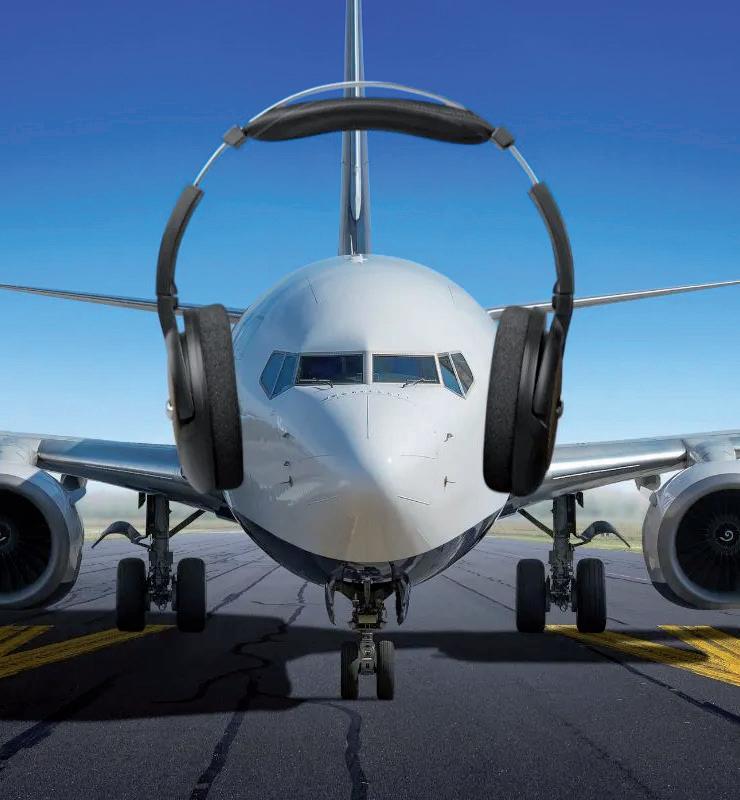
HCA Call for STRA Register
HCA has once again strongly advocated for a specifically-designed national register for all Short-Term Rental Accommodation properties.
In connection with AHICE Aotearoa 2025, Hotel Council Aotearoa (HCA) has renewed its call for a national register of all Short-Term Rental Accommodation (STRA) properties.
CLICK TO READ MORE


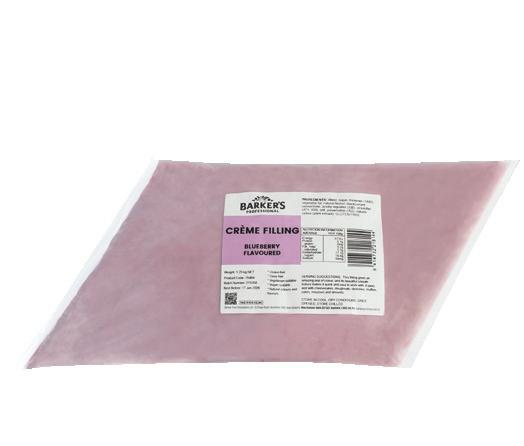
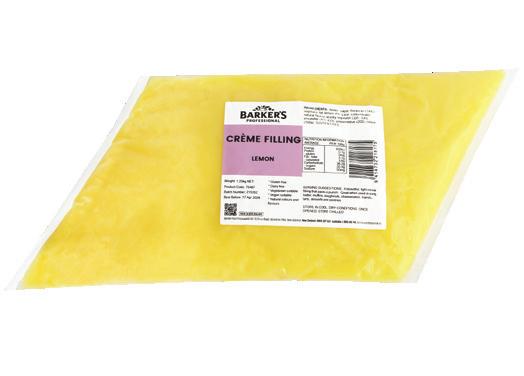



Redefine the comfort of your guests with Slumberzone

Slumberzone Beds!

Choosing the right beds is crucial to ensuring guest satisfaction and repeat bookings. As a leading mattress manufacturer, we recommend prioritizing comfort, durability, and support. Opt for medium-firm mattresses to cater to a wide range of sleepers and consider neutral materials like Latex, or hybrid constructions for enhanced comfort. Look for mattresses with longer warranty support and easy maintenance, ideal for highoccupancy environments. Always factor in guest feedback and evolving trends in sleep preferences. Partnering with a reliable supplier ensures consistent quality, tailored solutions, and ongoing support—so your guests enjoy restful nights and your investment delivers long-term value.
• Quality and service at affordable cost
• Pocket friendly leasing options with guaranteed replacement in 5 years
• Variety of options to choose from
• Tailored solutions for specific requirements
Exploring Sustainable Growth
Every day, accommodation businesses are challenged not just with running their property and solving its operating issues, but optimising performance in the face of rising costs, sustainability requirements and owner expectations. Join your industry peers for a day full of ideas, inspiration, and success stories.
Diana Rico-Roa, Director of ESG PLUS, will lead the discussion on turning mandatory emissions reporting into market leadership.
Jorn Wisselink, CEO of Wildaroo and Helen Kuo, Principal of FK Architects, will explore the world of design. Their discussion, “Build once, scale everywhere: Modular design systems for multi-asset portfolios”, will take place at the Sustainability seminar on Thursday, 18th of September.
The sustainability conferences are an essential way to understand sustainability in the revolving industry, and offer a platform to connect, network and share stories with other sustainable directors. Explore what new technology there is to help drive higher occupancy, navigate the OTAs and boost your bottom line. Plus, learn from peers and experts at the sustainable hotel summit.
Emerging businesses will also pitch their boldest ideas to a panel of industry judges, investors, and

potential partners at the NoVacancy 2025: The Pitch Series. From gamechanging guest experiences to smarter operations, see what’s next in hotel and accommodation innovation. Judges include Nicholas Ooi, an Investor from Investible, Melissa Kalan, Founding Director of ARMA, Australian Revenue Management Association, and Emma Hynes, Director of Operations for Australasia & Pacific at IHG Hotels & Resorts.
Event Director Matt Gatfield said that practical solutions and the latest innovations will be on show, as well as creating the best opportunity to connect with people to help tackle the biggest industry challenges.
“Whether you want to get ahead on technology, refresh your approach to guest experience, or simply see what’s new, NoVacancy is where you’ll find your next idea or partnership. If you want to keep your business ahead of the curve, this is the place to be,” said Gatfield. l


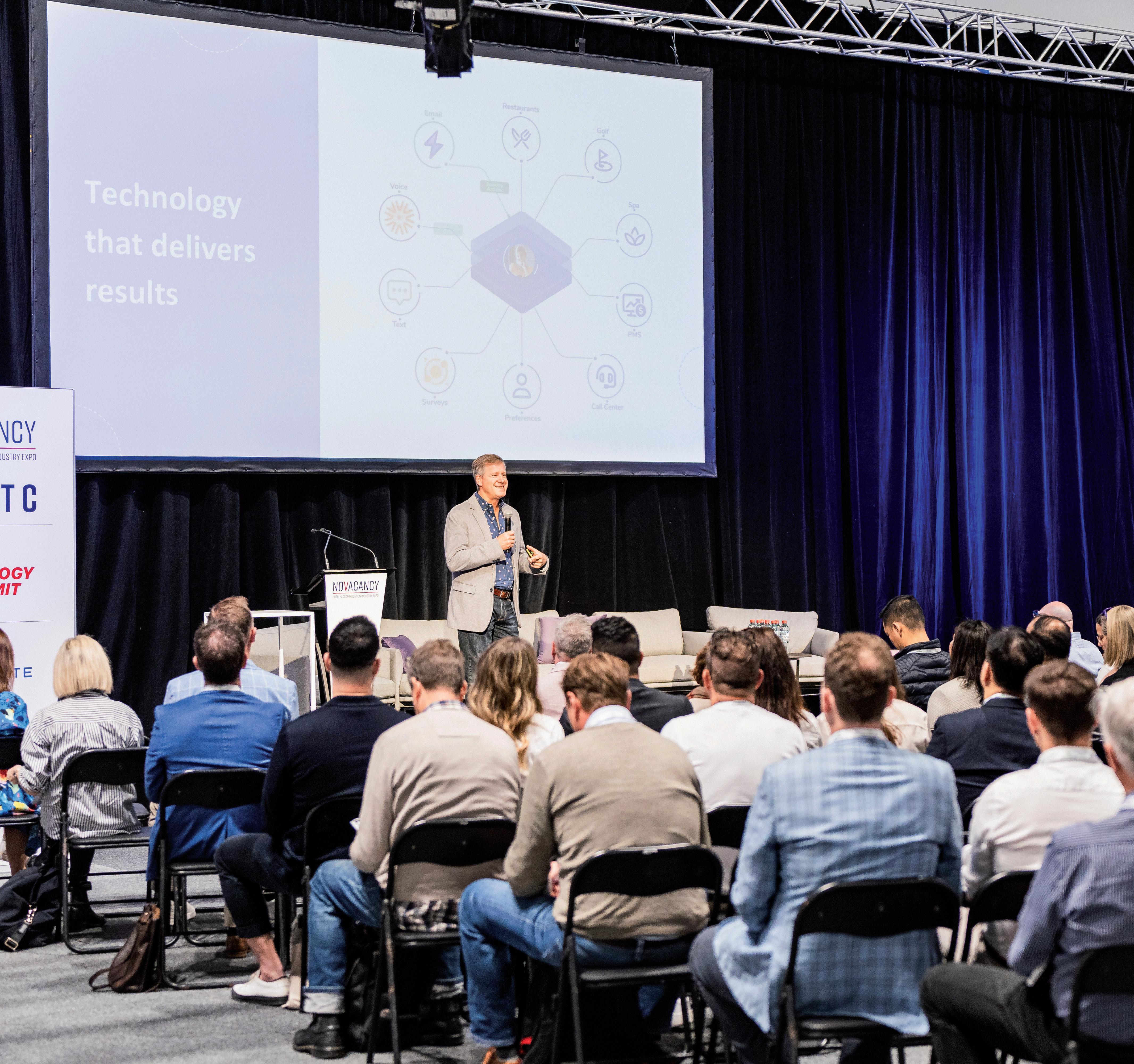
Leading Tomorrow's Future
NoVacancy Expo 2025 will host the Hotel Leaders Expo, where a lineup of industry experts will explore the future of the sector.

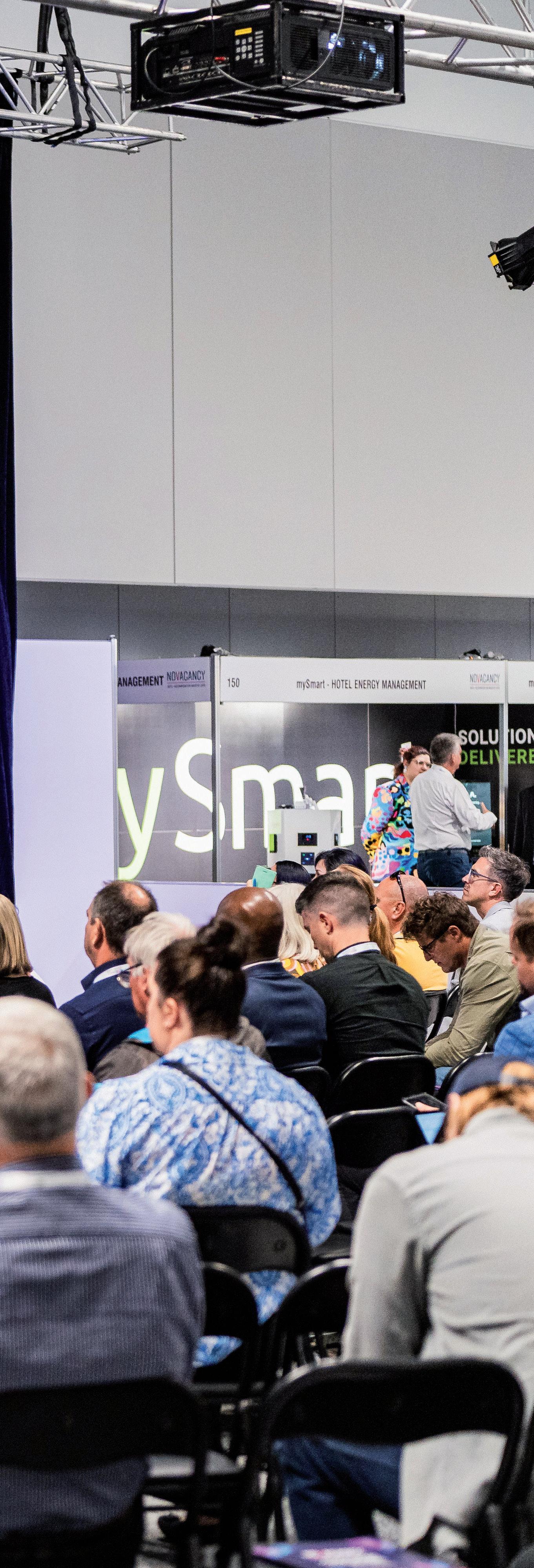
The Hotel Leaders Summit at NoVacancy 2025 is where leaders of today will come to share insights, talk about industry disruptions and inspire and challenge future leaders.
Delving into the issues facing the accommodation industry, attendees will hear about what is expected in the future of the industry, and most importantly, learn how to strategise accordingly.
Learn from CEOs, COOs, and influential figures driving results across the hospitality landscape.
James Goodwin, CEO of Accommodation Australia, and
Delving into the issues facing the accommodation industry, attendees will hear about what is expected in the future of the industry, and most importantly, learn how to strategise accordingly.
Matthew Burke, Regional Director for Asia Pacific (excluding China) for STR CoStar) will lead discussions with “Tourism Outlook: Geopolitics & Guest Friends”, exploring global uncertainties and emerging guest behaviours, as well as data-driven insights on market performance and forecasting.
Karen Wales, Head of Hotels Australia at Colliers, will present “What’s Driving Australia’s Hotel Investment Surge?”, where investment trends and opportunities shaping the market will be the topic of conversation.
Grant Alchin, COO of Trilogy Hotels, and Wayne Taranto, COO of Ovolo Group, will present “Rethinking Operations: What HighPerforming Hotels Do Differently” at the Hotel Leaders Summit. This session will explore innovation in hotel operations and guest experience delivery.
Nathan Cox, Vice President of Accor for NSW/ACT, will present “Overcoming Fragmented Tech Adoption: How to Secure Owner Buy-In”, where he will discuss strategies for implementing technology across multiple stakeholders.
Scott Boyes, CEO of Trilogy Hotels, and Tash Tobias, CEO of Salter Brothers Hospitality, will present “The Hotel Model Debate: Independent, Branded, or Managed?” where they will share insights from one of Australia’s leading hospitality investment groups and strategic considerations for choosing the right operating model.
Alex Ormerod, Co-Founder of Luxico, will discuss scaling
hospitality businesses internationally in her session “ Building a Billion Dollar Code Playground: How We Took Australian Hospitality Global”.
Cameron Burke, Director of Development at IHG Hotels & Resorts, Richard Crawford, Vice President for Hotel Development ANZ & Pacific for Marriott International, and Olivia Lambert, Development Manager at TOGA, will jointly present “Hotel Precinct Development: Blending Hospitality, Retail & Community”, where the panel will discuss creating integrated developments that drive long-term value, global brand perspectives on mixed-use development, and local market insights on successful precinct development.
Gemma McCourt, CPO at Mandala Hotels & Resorts, will present “Hotelier to Hotelier: AI Shortcuts that Changed our Operations”, where she will discuss practical AI applications that deliver immediate results.
Chris Hallett, Director of Revenue Performance EAPAC at IHG, will talk about aligning revenue, marketing and operations for maximum performance during his session, “Driving Excellence: Building a Unified Commercial Strategy”.
Matt Cameron Smith, CEO of Voyages Indigenous Tourism, will present “The Power of the Big Idea: Reinvesting in Guest Experience”, where he will discuss creating memorable experiences that drive loyalty and premium pricing.
The Hotel Leaders Summit will take place on the 18th of September at NoVacancy Expo 2025 at the ICC Sydney, Darling Harbour. l
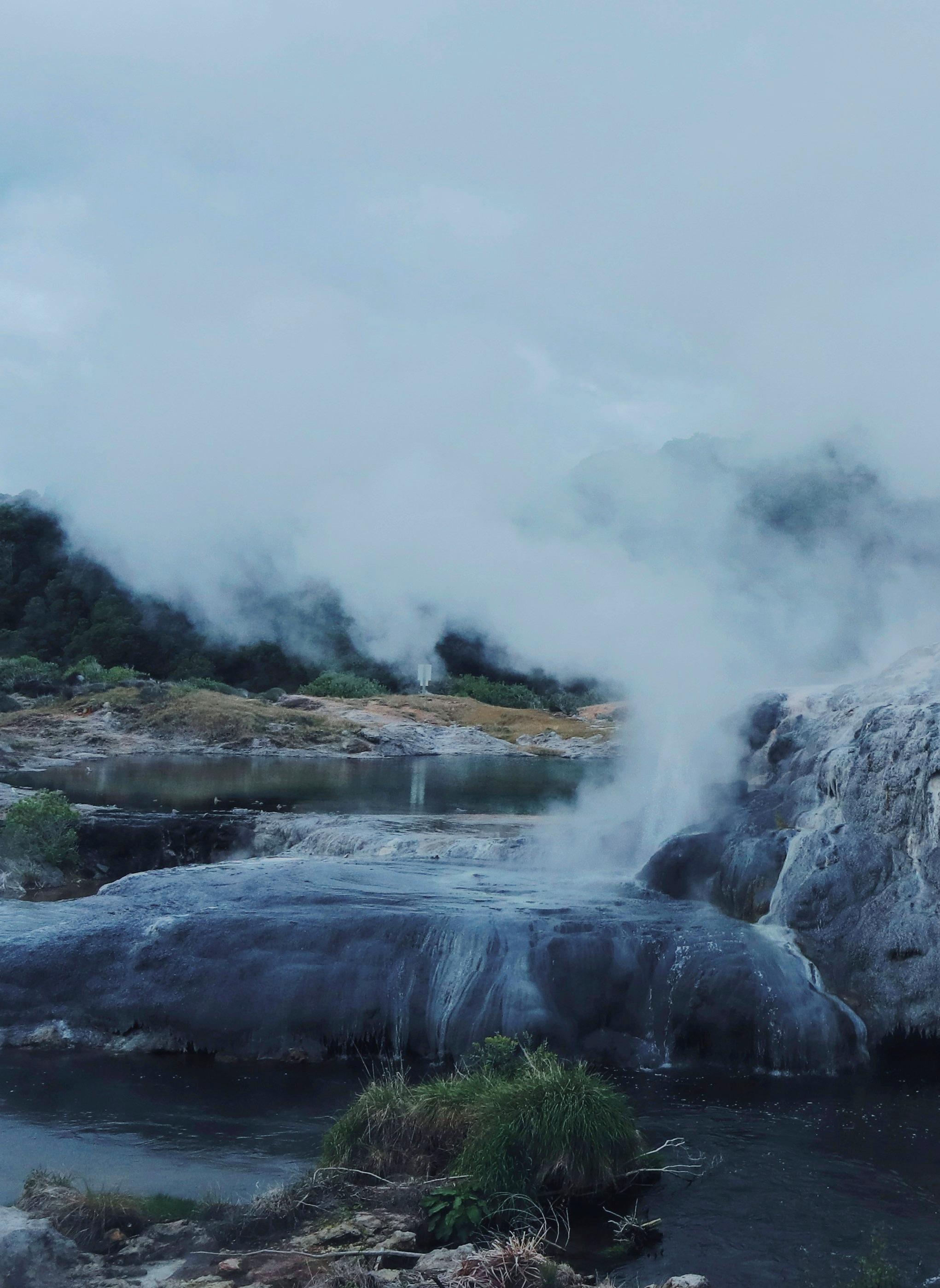

Exploring Thermal Tourism
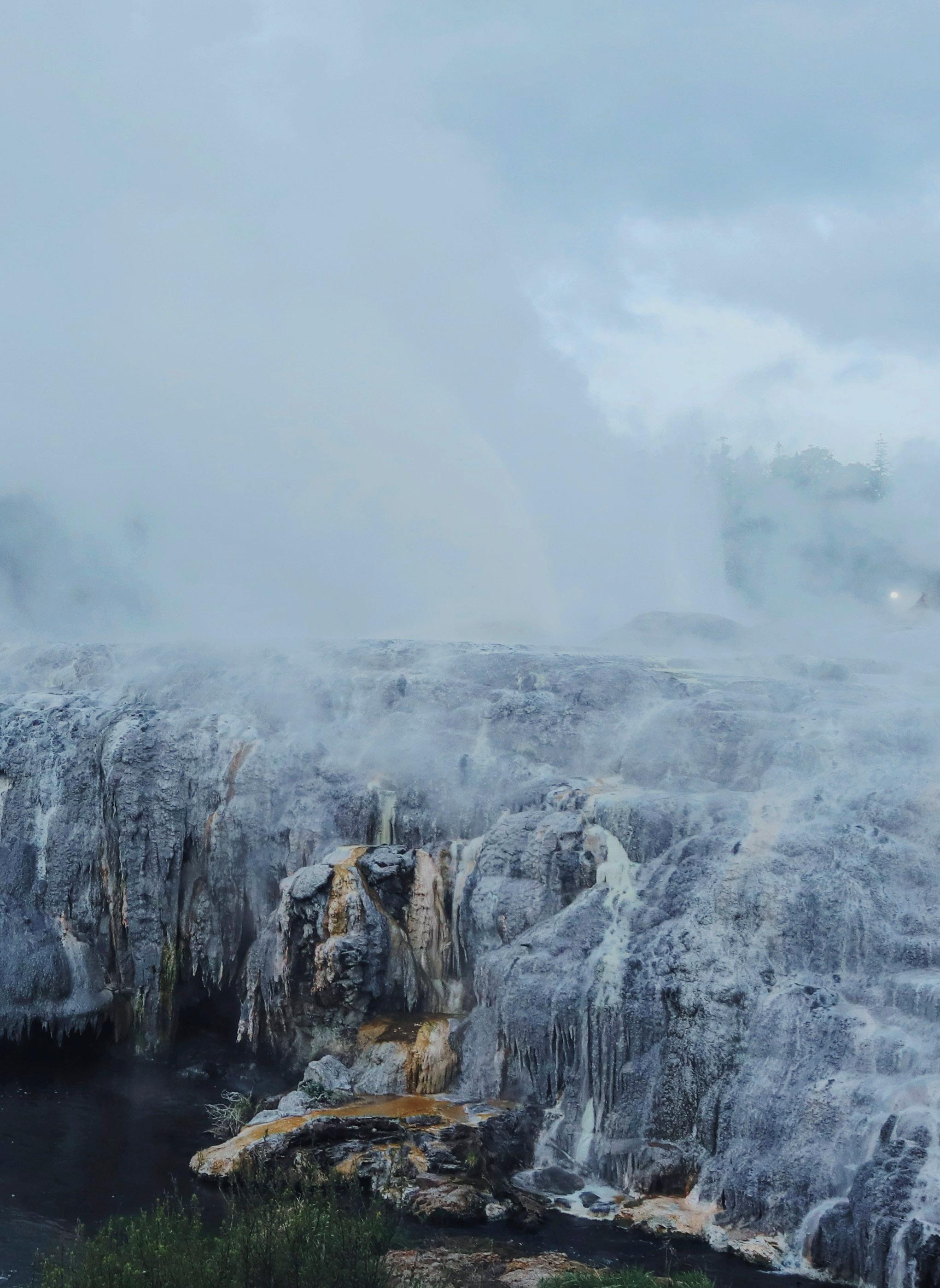
A tourism events fund set up after the Covid-19 pandemic has generated NZD 220 million in direct economic impact for communities in the Thermal Explorer regions of Waikato, Rotorua, Taupo and Ruapehu.
One of the purposes of the fund was to stimulate domestic visitation so it’s a real testament to its success that around half of the people who attended the events it funded came from out of the region,
That’s the finding of an economic impact assessment released by the Thermal Explorer Regional Events Fund Investment Management Panel earlier in the year, following the completion of the last of the 48 events the fund supported, the Karapiro Marathon, in April.
Set up in 2020 to stimulate domestic tourism, the NZD 3.75 million Thermal Explorer Regional Events Fund provided contestable event grants across three separate funding rounds. The events it supported catered for a total audience of 532,468 people, including 249,909 visitors from outside the regions the events were hosted in.
“From sports events and major expos to cultural events and music, food and arts festivals, the fund helped support and invigorate the events sector and communities at a time that help was sorely needed,” said Hamilton and Waikato Tourism General Manager Nicola Greenwell.
“The impact assessment shows the fund generated an impressive NZD 58 return across the region for every dollar of government funding, with a large portion of that coming from visitor spending on things like accommodation, food and visits to local bars and restaurants.”
Across all funded events in the Thermal Explorer region, the average out-of-region visitor stayed for 1.9 nights and spent an average of NZD 322 per day, in addition to spending

generated by local attendees.
“One of the purposes of the fund was to stimulate domestic visitation so it’s a real testament to its success that around half of the people who attended the events it funded came from out of the region,” Greenwell said.
Among the funded events was the Sika Show, Australasia’s largest hunting and outdoor trade show, attracting more than 10,000 people to Mystery Creek near Hamilton.
Sika Show organiser Mike Penn said the funding helped the Sika Show bounce back after Covid-19, primarily by supporting marketing and awareness-raising efforts outside the Waikato.
“Without that I don’t know if we would have survived; my wife Natalie and I had just taken on the event as a mum and dad team along with John and Jacki Cook a year earlier and then had to cancel both the 2020 and 2021 shows and reschedule the 2022 event because of the Covid-19 pandemic.”
Taupō Trail Festival organiser Aaron Carter told a similar story, saying the funding was key to enabling the family-friendly event to get started during a particularly challenging period.
“Without that funding, we wouldn’t have done the event,” he said.
On its debut in 2024, the Taupō Trail Festival attracted around 2,000 people, with 82 percent coming from outside the Thermal Explorer Region.
It brought around NZD 500,000 in spending to the Taupō region that year, was held again in March 2025, and will return again in 2026.
Other popular funded events included the Middle-earth Half Marathon in Hobbiton, the ITM Taupō Super400 motorsport event in Taupō, New Zealand Blues and BBQ Festival in Rotorua and the Ohakune Blues and Roots Festival.
Greenwell said in addition to directly supporting events, the fund also enabled the creation of resources for event organisers, as well as a multiyear capability building workshop series attended by hundreds of people in event management to upskill the local event industry.
“Not only has the funding brought some entirely new events to our communities and generated significant economic impact for the Thermal Explorer region, but it has also helped build local capability, creating a legacy that will last for decades.”
The Thermal Explorer Regional Events Fund was managed collectively through the Event Investment Panel, which is made up of eight representatives from Hamilton and Waikato Tourism, Destination Great Lake Taupō, RotoruaNZ and Visit Ruapehu.
It was part of the NZD 50 million Regional Events Fund, set up in 2020 and overseen by the Ministry of Business, Innovation and Employment. l

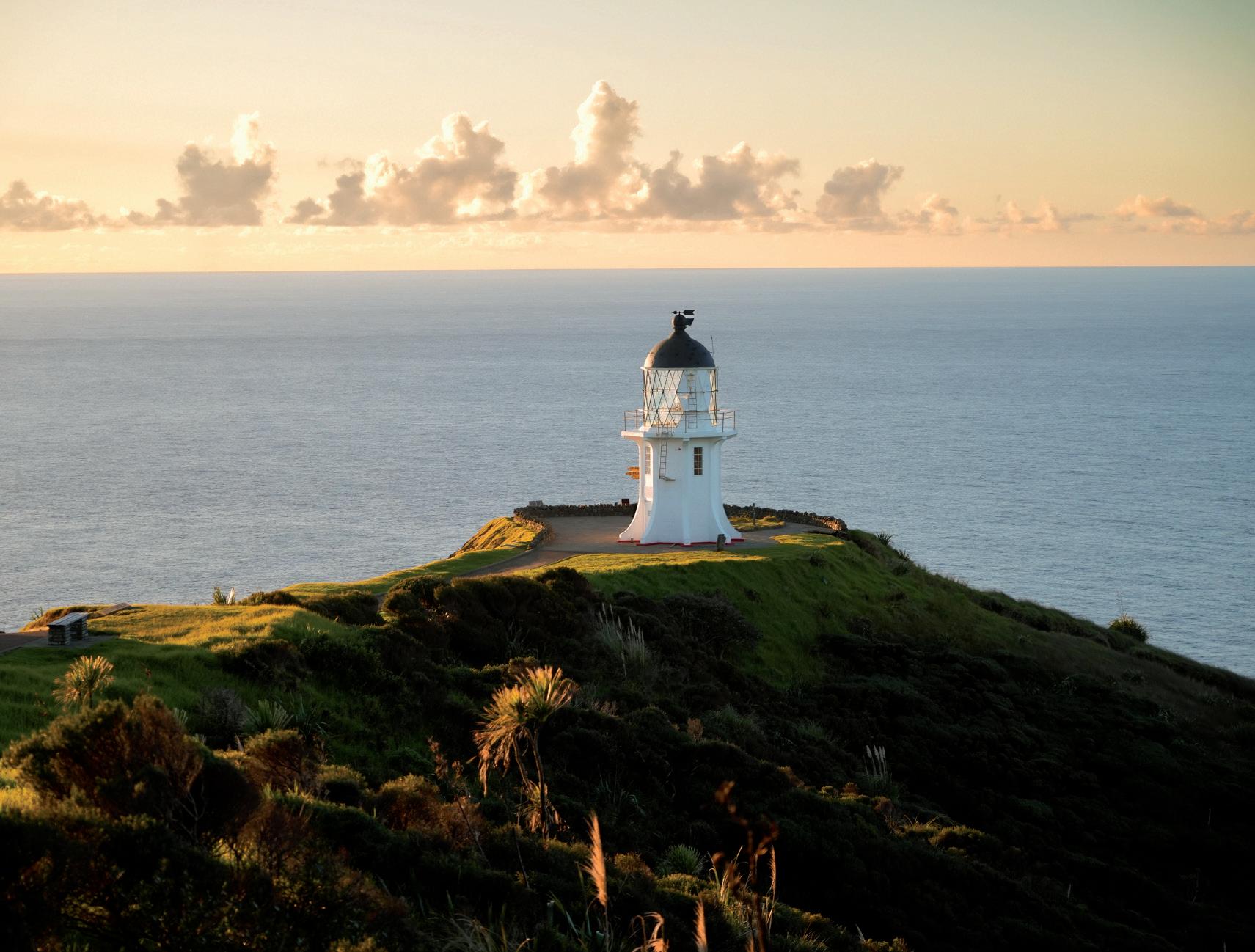
Calls for Stronger Visa Action
The Backpacker Youth and Adventure Tourism Association (BYATA) and Hospitality New Zealand (Hospitality NZ) have joined forces to push for stronger action to attract Working Holiday Visa (WHV) travellers to New Zealand, and to support the businesses that depend on them.

WHV travellers play a dual role in New Zealand’s economy, as a vital workforce for hospitality, tourism and other sectors, and as valued customers for backpacker accommodation, adventure tourism operators, and regional businesses.
Research commissioned by BYATA and Visa Consulting & Analytics shows WHV travellers support more than 1.2 local jobs per visitor, and that each dollar spent by youth visitors generates NZD 1.40 in regional economic activity,
underlining their importance as both customers and workers.
Together, the two organisations will campaign for Tourism New Zealand (TNZ) to launch a targeted marketing effort in Australia and other key markets, while also advocating for supportive government policies to strengthen the WHV pipeline.
Haydn Marriner, Chair of BYATA, said WHV travellers are essential to the success of youth and adventure tourism.
“WHV travellers don’t just pass through New Zealand, they live here,
WHV travellers don’t just pass through New Zealand, they live here, work here, and travel widely while they’re here. They’re a key part of our backpacker sector, adventure operators, and regional tourism businesses.
work here, and travel widely while they’re here. They’re a key part of our backpacker sector, adventure operators, and regional tourism businesses. Without them, many youth-focused operators would struggle to survive,” said Marriner.
“That’s why BYATA is stepping up to partner with Hospitality NZ on this campaign. Our sector understands the motivations, behaviours, and needs of WHV travellers better than anyone. We believe Tourism NZ should make this market a priority if we want to sustain regional tourism and keep our industry vibrant.”
Sam MacKinnon, Hospitality NZ’s Head of Communications & Advocacy, said the hospitality sector relies heavily on WHV holders.
“WHV travellers are behind the bar, in the kitchen, and serving in our cafés, and they’re also sitting at the
tables as customers. Our industry thrives with them, they are both the people who keep the doors open and the people filling the seats,” said MacKinnon.
“By partnering with BYATA, we’re making it clear there is one united industry voice encouraging Tourism NZ to invest in a strong, sustained campaign to bring more of these young people here.”
BYATA and Hospitality NZ have signed a Memorandum of Understanding (MoU) that commits both organisations to joint advocacy to the government for improved WHV policy settings and support, collaborative campaigns that highlight the economic and cultural contributions of WHV travellers, stronger industry engagement, and ensuring members are actively involved in shaping solutions. l
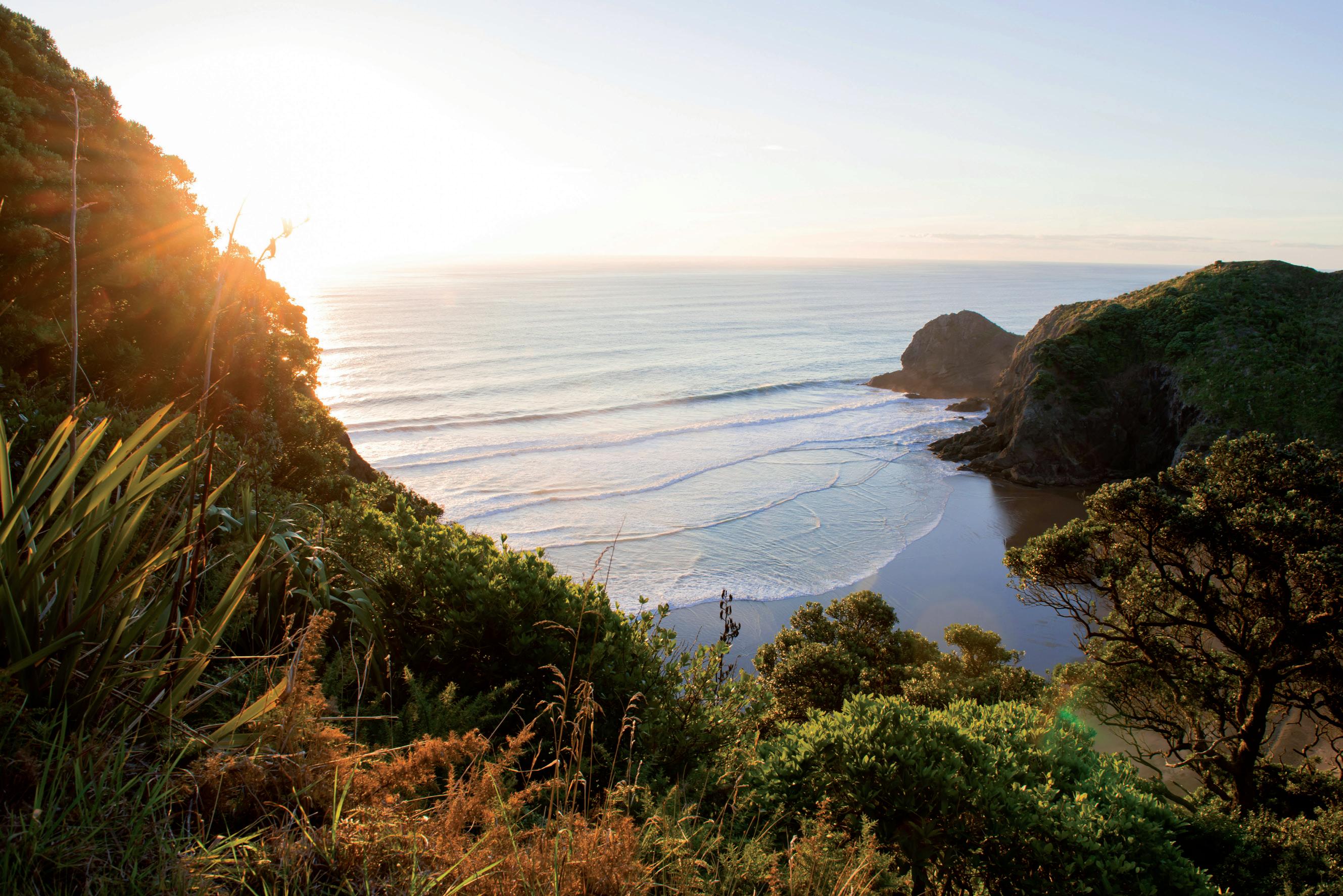






























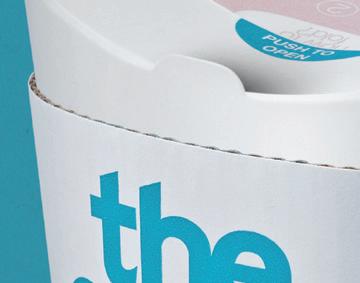

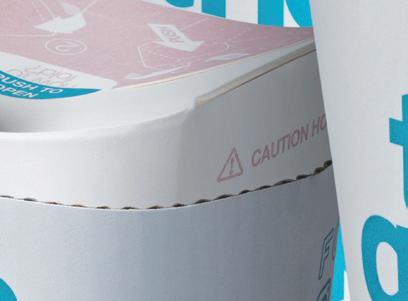












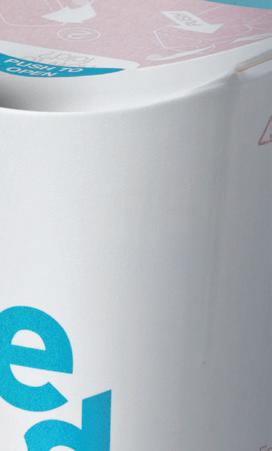
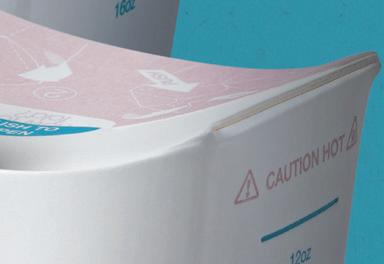











































Recyclable with Paper & Carboard

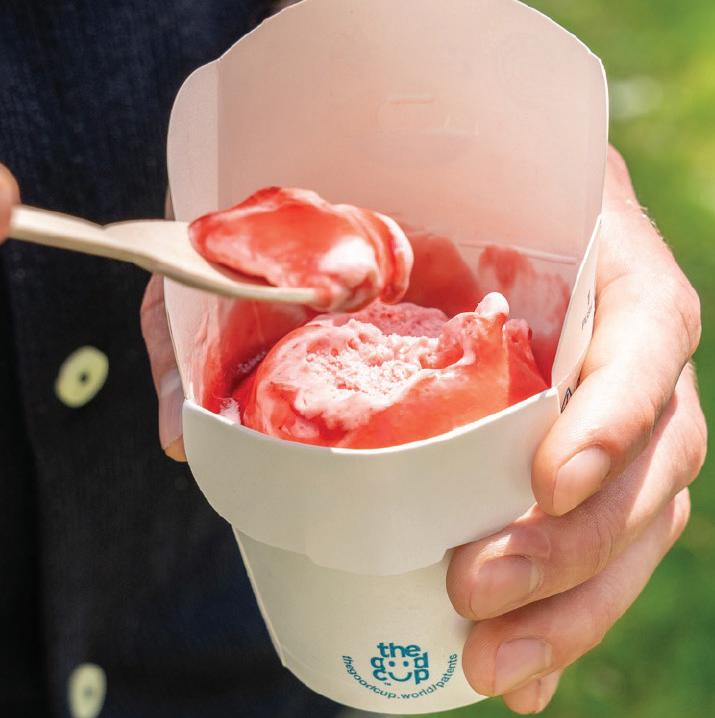
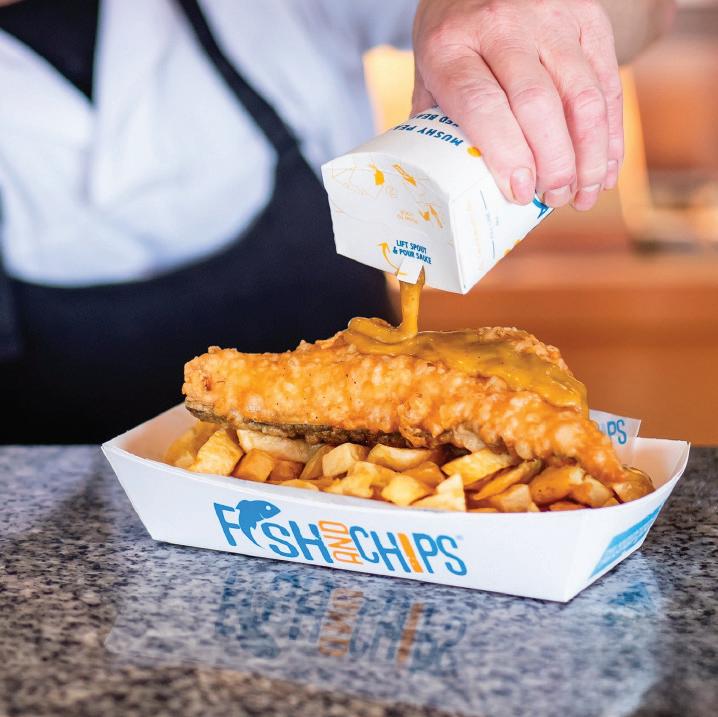

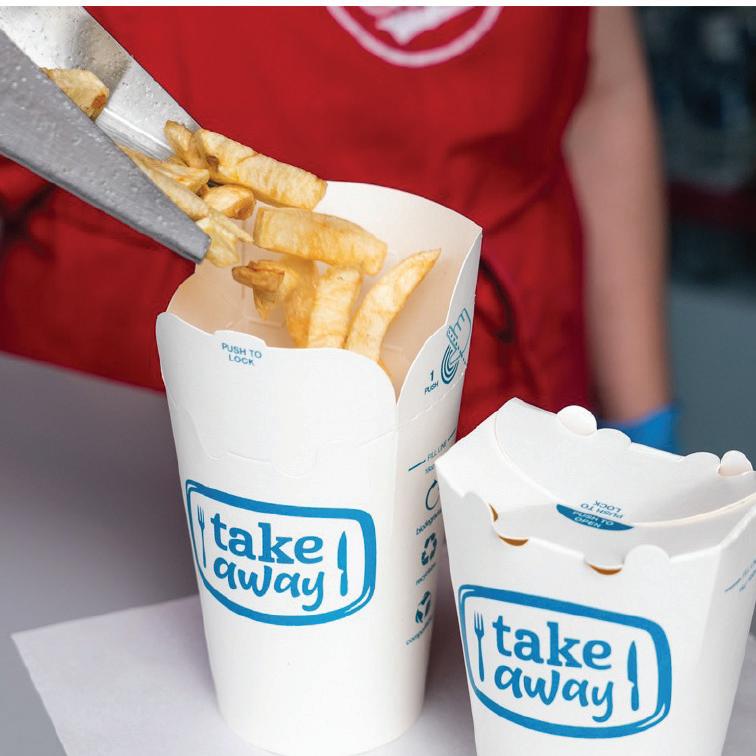

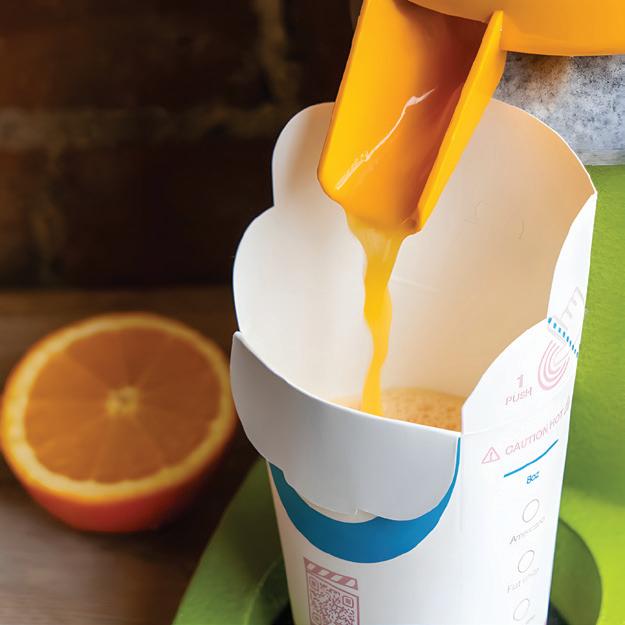

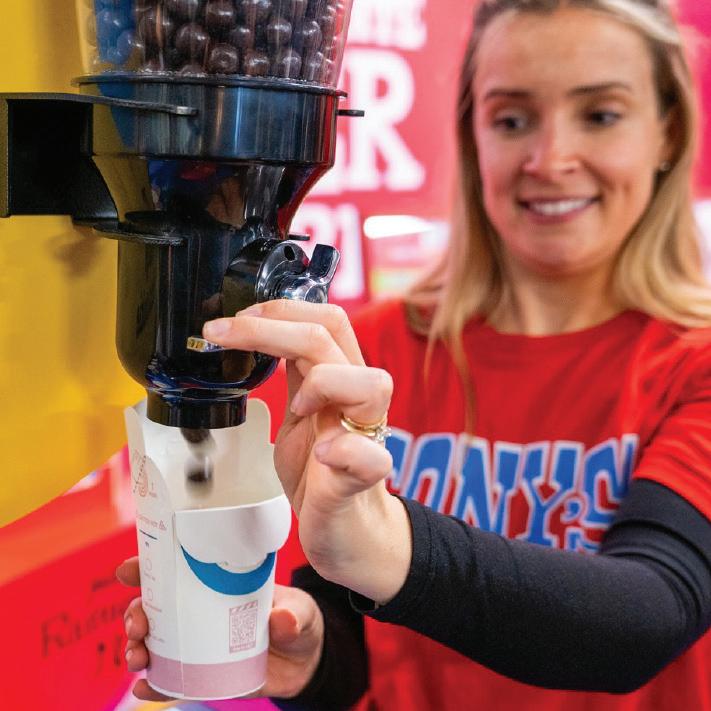
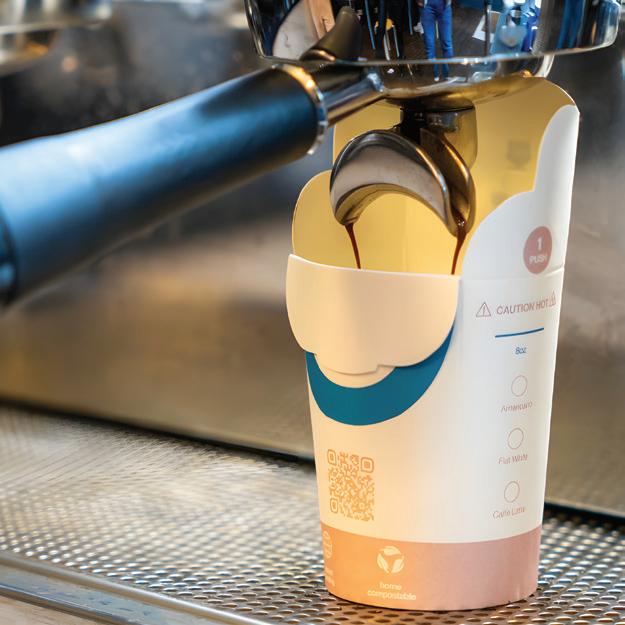

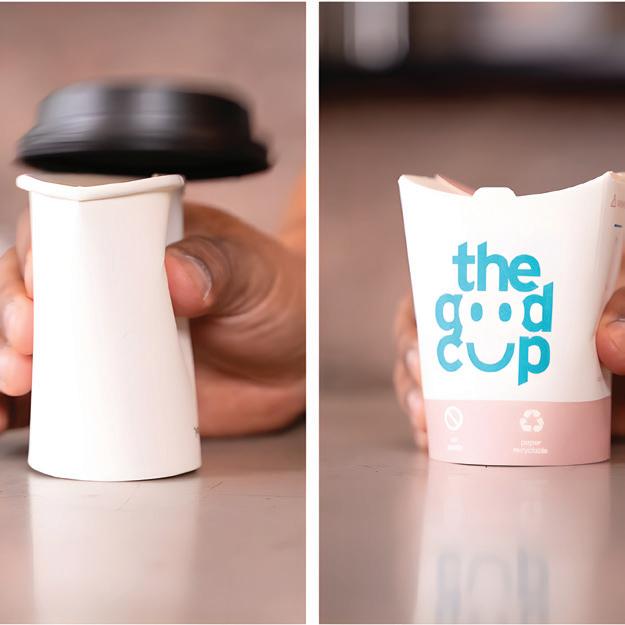

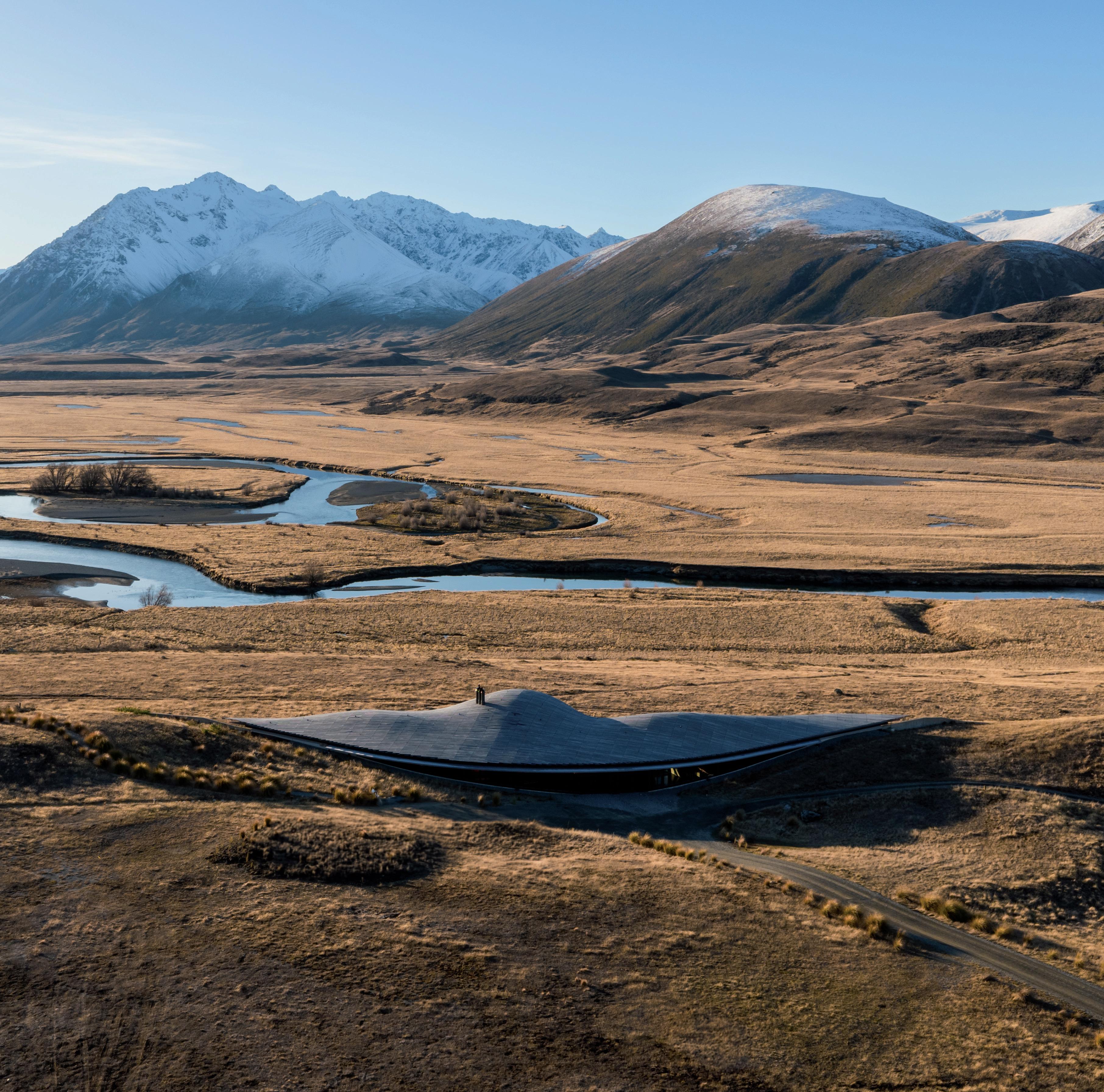
MEET THE CHEF
The Taste of Luxury
For some chefs, being in nature and around natural ingredients is the opportunity of a lifetime.


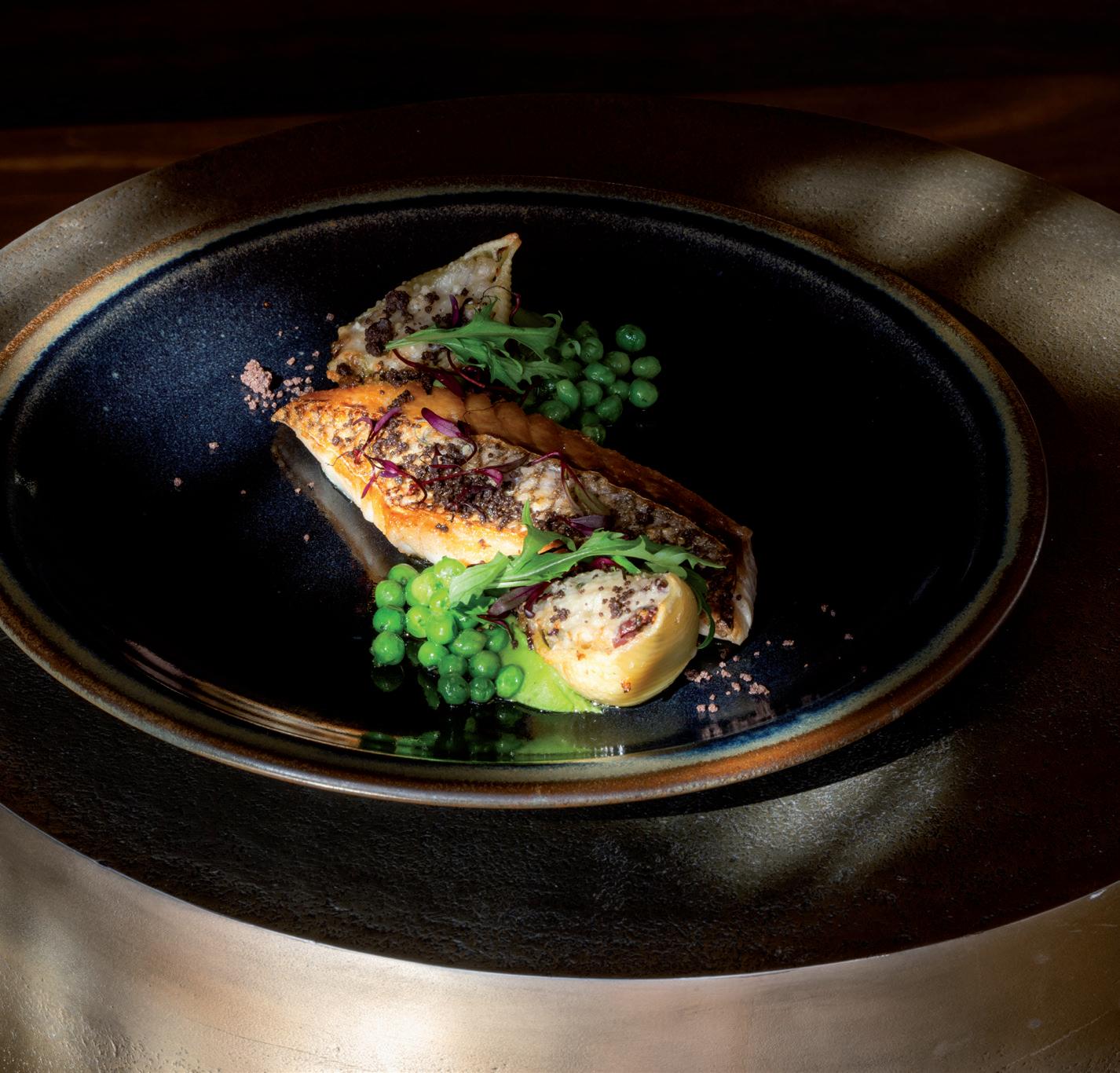
For Chef Fraser, The Lindis’ point of difference is the remote and rugged location, and how the cuisine has the ability to intertwine with the natural surroundings.
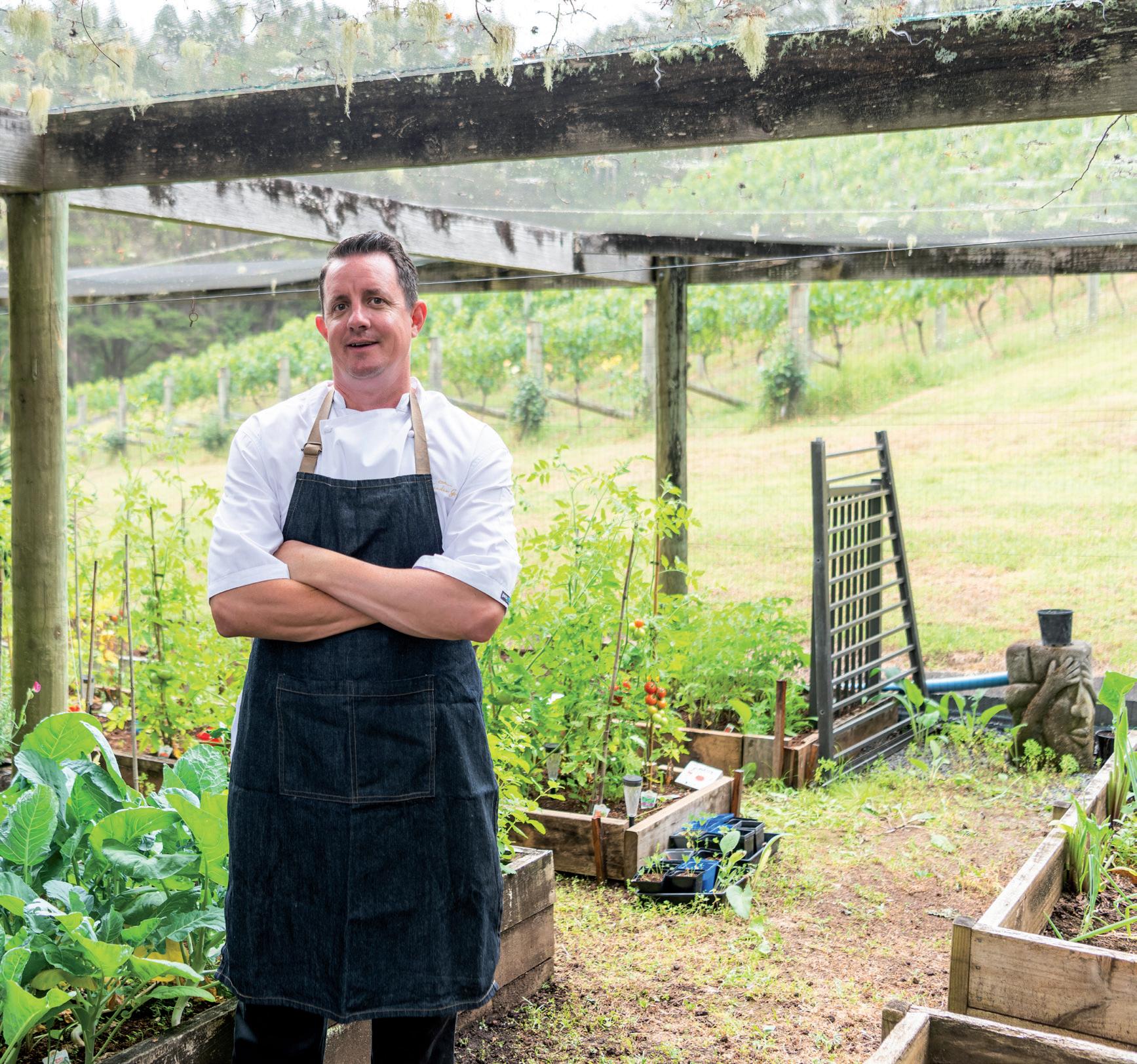
Daniel Fraser
Daniel Fraser, Executive Chef at The Lindis Group, has been with the company for the past six years. He previously had a long stint at the acclaimed Duke of Marlborough Hotel as its Executive Chef, and before that as Senior Sous Chef for Euro Restaurant in Auckland.
Currently, Chef Fraser leads the kitchen team at The Lindis Lodge, a secluded, luxury lodge located in Ahuriri Valley in the South Island. Having worked extensively with fellow chef Guillaume Laurent, he said a standout item on the menu
is how Chef Laurent mimics the surrounding mountain range.
This specific dish, the Ahuriri Mountains, is a play on a mille-feuille using brown sugar tuile to replicate the surrounding landscape.
Chef Laurent said his role is to reflect this on the plate, which is why he has focused on showcasing small local producers and following seasonal trends rather than overcomplicating things on the plate with precise technique.
Chef Laurent, Head Chef of The Lindis Lodge, trained in France at Michelin-starred restaurant, Pont De L’Ouyss, then after relocating to New Zealand, worked with Fraser at The Duke of Marlborough.
He has been part of the Lindis Group since 2022, firstly at Sage at Paroa Bay as Senior Sous Chef, before heading south to The Lindis, where he is in charge of day-today operations, menu creation and scouting out the best local produce. The Lindis’ remote location has made it a very special place for guests who love to disconnect from city life
For Chef Fraser, The Lindis’ point of difference is the remote and rugged location, and how the cuisine has the ability to intertwine with the natural surroundings.
But just because it’s remote doesn’t mean there is any lack of
modern flair and innovation. A key culinary trend that Chef Fraser said was prevalent throughout the country has been how chefs ask, “What is New Zealand cuisine?”
He said that championing amazing local growers, hunters, producers, and suppliers was very much at the root of this trend, and by supporting local, chefs are able to help elevate their products without diluting their provenance in the process.
Surrounded by a cradle of natural beauty, Chef Fraser said that although the luxury lodge market can be fickle with a volatile international market, there has been a steady growth in the industry after a slow bounce back post-COVID.
The Lindis Group have multiple projects in the works. However, Fraser was tight-lipped on giving away clues. He said diners and guests would simply have to “watch this space”.
“Our main goals remain unchanged, serving the best of what New Zealand has to offer in the beautiful Ahuriri Valley,” said Chef Laurent.
Future goals for the property have been primarily to focus on financial success, but also to see growth and progression from within the staff. Chef Fraser said there was a real interest to want to help them achieve both personal and professional goals. l

Reliable Oil Management
In the fast-paced world of foodservice, oil is one of the most used ingredients for cooking. From fine dining restaurants to QSR chains, there is demand for quality, reliable and flavourful oil across the industry.
One of the most overlooked, yet integral elements, of achieving efficient and sustainable oil use is proper cooking oil management. This helps businesses to maintain high standards of cleanliness and cooking, while ensuring quality every time.
Selecting the right style of oil is paramount. Businesses should consider smoke points, flavour profile and nutritional value, as well as what customers want to see on the plate.
Efficient oil management will not only promote sustainability, but also boost a business’s operational effectiveness in the kitchen. It is also a prime opportunity for chefs to implement new innovations within the oil space.
Pure Oil’s latest innovation, Superfry, is a high oleic oil developed specifically for commercial frying, made with the same crops as The Good Oil. Since its launch in Canterbury, it has become a go-to for many of the region’s leading restaurants and

kitchens due to its longer fry life, consistency and clean taste.
Andy O’Malley-Mora, Marketing and Brand Manager at Pure Oil, said Superfry was an exciting step forward for the company. This has been due to the quality and freshness that comes from local supply, which has made a noticeable difference in the kitchen, and is something that Pure Oil has already received strong feedback from chefs.
“Superfry has been developed specifically for commercial frying and performs really well. We’re also building something important around Superfry in terms of sustainability,” he said.
O’Malley-Mora said Pure Oil has worked hard to close the loop and is already collecting used oil from many of its hospitality and food manufacturing customers.
“That oil is recycled for industrial uses, including biofuel, helping to offset petrochemical use in other industries. This supports our existing zero-waste model and is also
helping other businesses improve their sustainability efforts.”
There has been increased interest from across the industry in ingredients that offer both consistent supply and traceability. For some restaurants, O’Malley-Mora believed the biggest priority has been to use oil grown and pressed locally in New Zealand. For others, it’s more about ensuring they get the same quality every time, and it will arrive when they need it.
“Having local supply gives us that control and responsiveness, which is becoming more important as businesses look to reduce delays and uncertainty.”
Oil that is kept fresh and wellmaintained will enhance customer satisfaction through high-quality fried foods. Implementing suitable oil management will result in operational benefits for kitchen teams as well as a strategic way to introduce a greener focus and limit food waste. Reliable oil collection and disposal will also allow chefs to do what they do best: cook great food. l















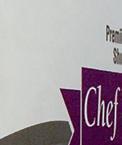





















































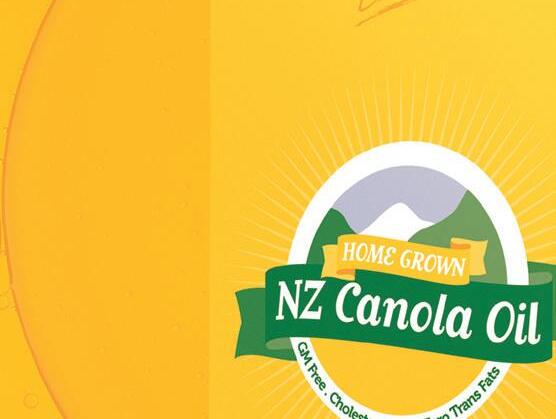
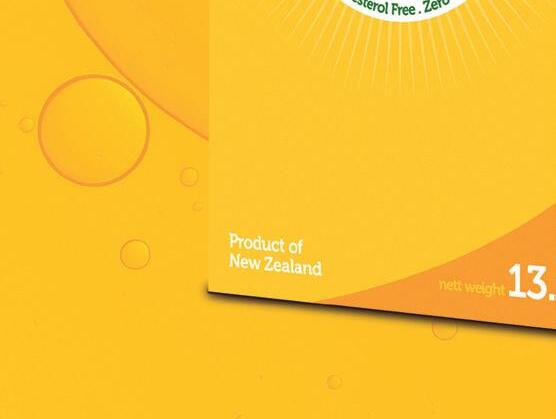











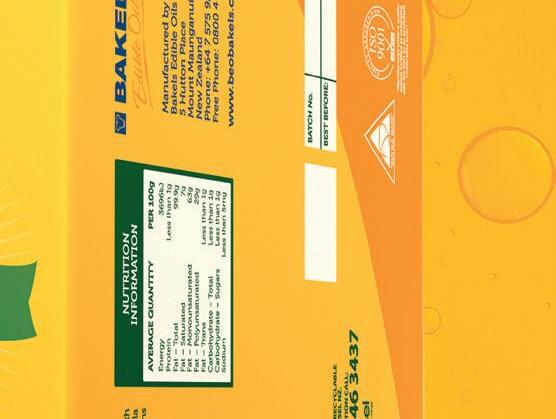
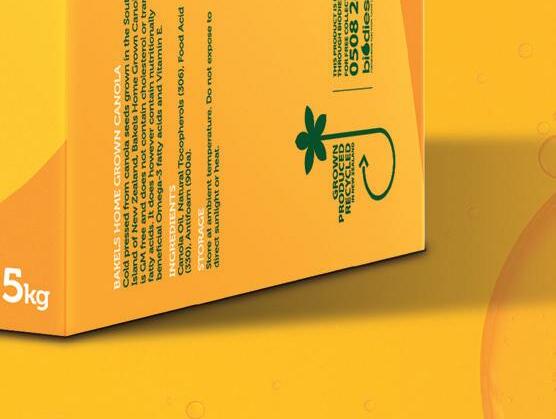







Bakels Edible Oils is a NZ manufacture of quality frying shortenings and oils to the Food Service Industry
Please contact orders@beobakels.co.nz or refer to our website www.beobakels.co.nz





























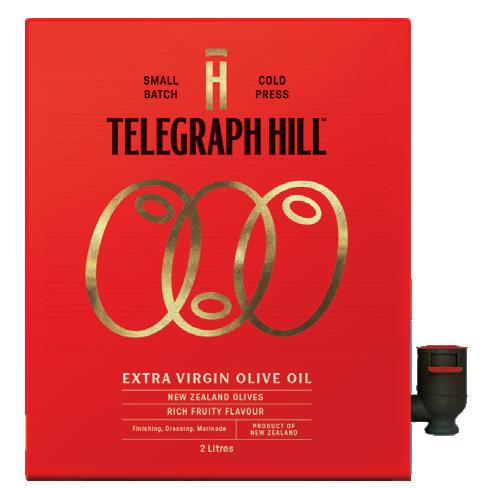
2L EXTRA VIRGIN OLIVE OIL
• Cold pressed, premium New Zealand extra virgin olive oil
• Perfect for finishing dishes, dressings and drizzling
• Rich flavour and aroma to elevate dishes
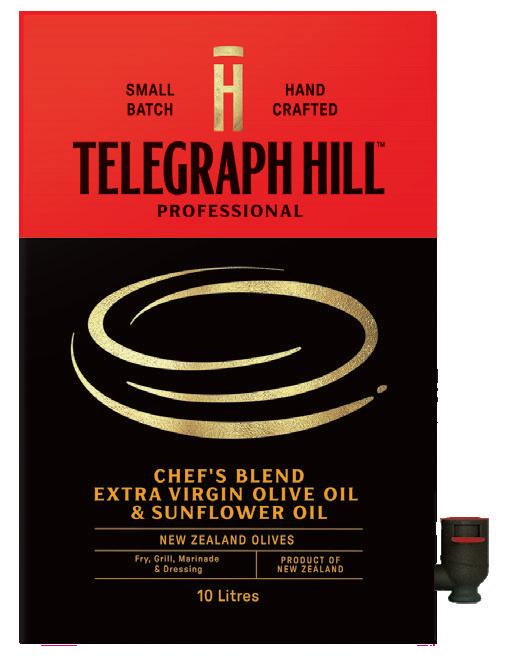
10L CHEF’S BLEND
• Designed for professional kitchens
• Versatile and consistent, ideal for cooking, frying and sautéing
• Economical bulk size for cafes, restaurants and hotels
• Practical bag in box format for easy storage and handling

Exploring Different Varieties
Different styles of oil can have a profound difference when cooking, especially when getting the best balance of flavour and texture.
Mixing it up can be a gamechanger, allowing chefs to experiment in different ways. Each oil has its own unique flavour profile and will bring its own characteristics to the plate. For example, olive oil produces a range of fruity tones, sesame oil has a nutty aroma, and using coconut oil will result in a sweeter taste.
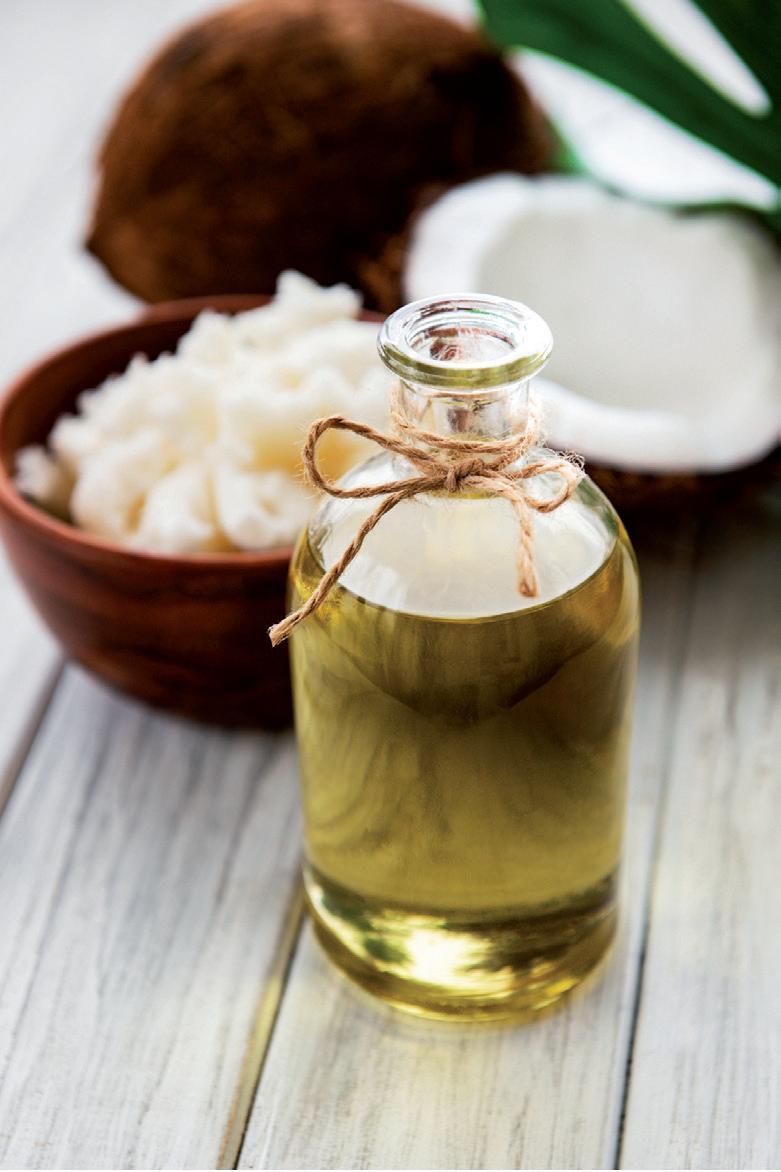
Coconut oil has been a popular choice throughout health fads of late. It is solid at room temperature and can be used as a great addition/ substitution in baking. It can also be utilised in cooking at low to moderate heats, for instance. When it melts, it gives off a buttery, tropical scent. Coconut oil adds a unique flavour to whatever it is roasted with. The smoke point is around 120 degrees Celsius.
Peanut oil holds a powerful flavour and aroma. Due to its high smoke point, around 230 degrees Celsius, peanut oil is often used in high-heat cooking, like stir-frying, or even deep-frying. Peanut oil is often utilised in Asian dishes that already incorporate the nutty flavour in a variety of ways. It goes rancid faster than most other oils, so be sure to store it correctly and only buy the required amount.
Cooking with different oils will also allow restaurants to offer dishes specific to dietary requirements, such as avocado oil, which is full of antioxidants.
Heat tolerance is a decisive factor when selecting the right oil. Oils with high smoke points are best suited for frying, while more delicate oils like flaxseed or walnut are perfect for salad dressings or cold-based dishes.
Flaxseed oil contains large doses of omega-3 fatty acids and is an excellent addition to a variety of dishes. Much like hemp seed oil, it adds a nutritious boost to smoothies, salad dressings, dips and sauces; it has a low smoke point, around 105 degrees Celsius, making it inefficient for most cooking. Flaxseed oil does, however, present itself as an attractive topping to food once it has been grilled. Not only can flaxseed oil be used as a topper, but flaxseed oil in baking is also a good way of enriching baked goods.
It is crucial to evaluate the smoke point of an oil, and ensure the kitchen has proper ventilation. When an oil hits its smoke point, it will begin to break down and can potentially create a harmful compound that will affect the flavour of the food.
Chefs rely on oils in order to produce the best possible dish. From sauteing and roasting to baking and deep frying, there is an oil for every culinary need. Exploring the diverse world of cooking oils will help to elevate the menu and unlock flavours customers will enjoy.
When testing different types of oil, make sure it is the best fit for the dish, and its flavour tones will best reflect the flavours on the plate. l
Best Practices for Oil Filtration Systems
Oil filtration systems are a transformative way that businesses can increase operations, whether it's a full-service restaurant, takeaway bar, fast-food chain or gastropub.
Filtering oil will improve the quality of food, reduce food waste, and help equipment to last longer. Removing food impurities will help to maintain oil clarity and freshness, while significantly reducing the amount of oil used by businesses.
Every time it is used, oil will deteriorate. Residue, such as batter, breading and frozen items, will introduce unwanted moisture, particles and acids that accelerate the breakdown process.
Unfiltered oil will thicken, slow down heat transfers, and will alter how ingredients are cooked. As a result, inconsistent frying and longer preparation times are two scenarios that kitchens would rather avoid, and the unpleasant aftertaste it produces

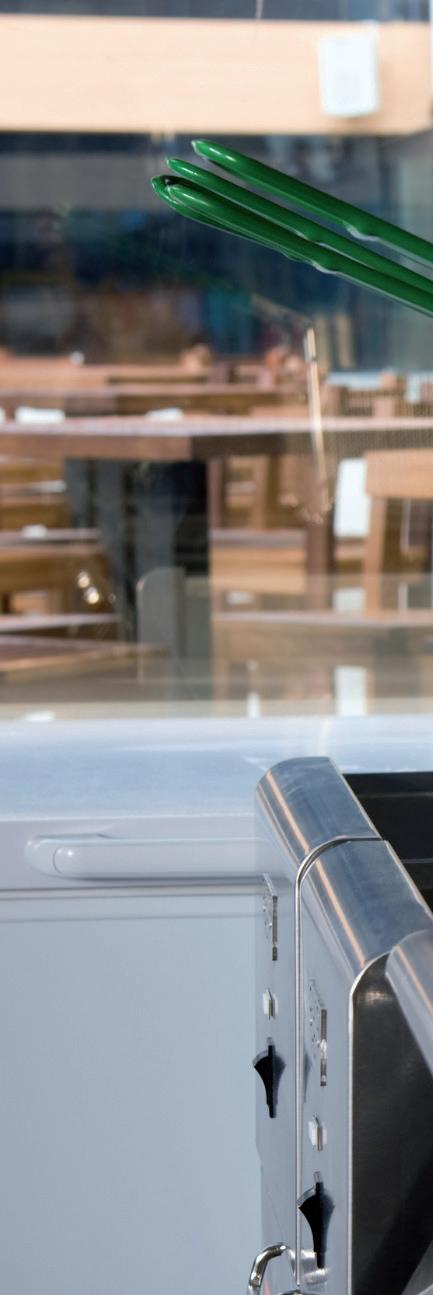
is of no interest to the customer.
Beyond its impact on flavour, unfiltered oil can damage equipment and can even raise the risk of flareups or fire hazards. Regularly filtering oil will prevent issues such as these, and will help kitchen operations run smoothly.
Filtering oil once a day is a usual practice for kitchens, although high-volume operations will alter this. Newer filtration systems will also allow for hot-oil filtering, meaning the process won’t be an inconvenience for chefs.
Using the wrong cleaning methods can have a damaging impact on valuable frying equipment. Instead of soaking in water, applying harsh chemicals or scrubbing with abrasive brushes, allowing filters to cool
completely before being cleaned will allow prevent any damage.
Filter papers also need attention: once they become saturated with debris, they no longer perform effectively. Replacing them at the right intervals ensures optimal results and is a simple task, as used papers can be disposed of with regular kitchen waste. In addition, periodic servicing by a qualified technician helps keep the system operating at its best and reduces the likelihood of unexpected breakdowns.
Not all filtration systems are created equal, so selecting a model that matches your fryer’s
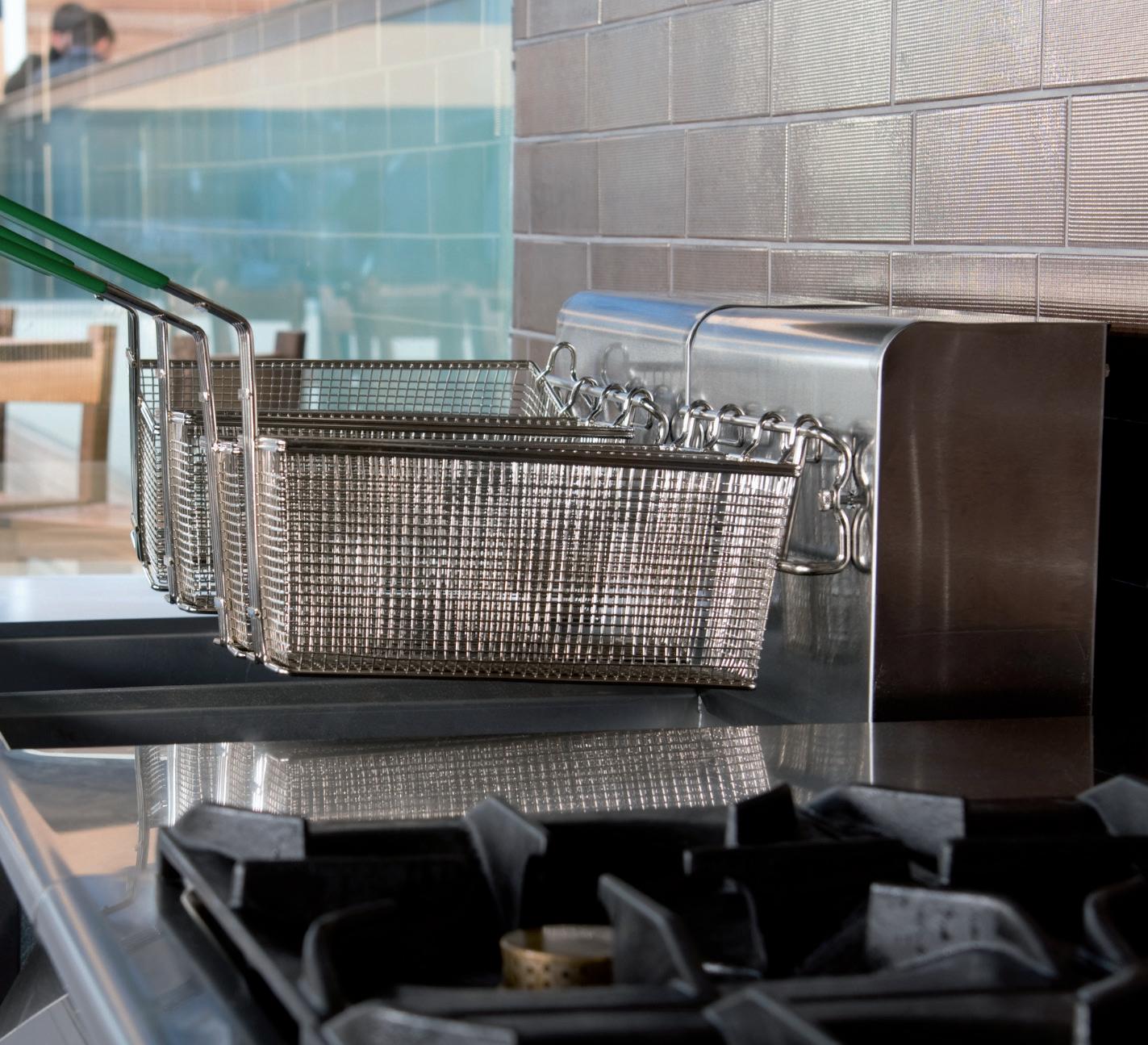
Filtering oil once a day is a usual practice for kitchens, although high-volume operations will alter this. Newer filtration systems will also allow for hot-oil filtering, meaning the process won’t be an inconvenience for chefs.
capacity and design is essential. An undersized or incompatible filter can limit performance and compromise safety. For even greater control, oil-testing kits are available that allow operators to measure oil quality directly. These provide clear indicators of when to filter or change oil, reducing guesswork and preventing premature disposal. Operator safety should always remain a top priority. Before using the system, staff should familiarise themselves with the operating manual and understand the specific limitations of the unit. Some machines cannot withstand extreme
temperatures or be moved midcycle, and ignoring these restrictions can cause serious damage or create hazards. Cooling down before cleaning, storing the unit correctly, and adhering to safe handling practices ensure both the equipment and staff remain protected.
Oil filtration is more than a costsaving measure, it is a key element in delivering high-quality food while maintaining efficiency and safety. With proper use and care, a filtration system not only improves the dining experience for customers but also supports smoother operations behind the scenes. l
Accelerating Growth in Thailand
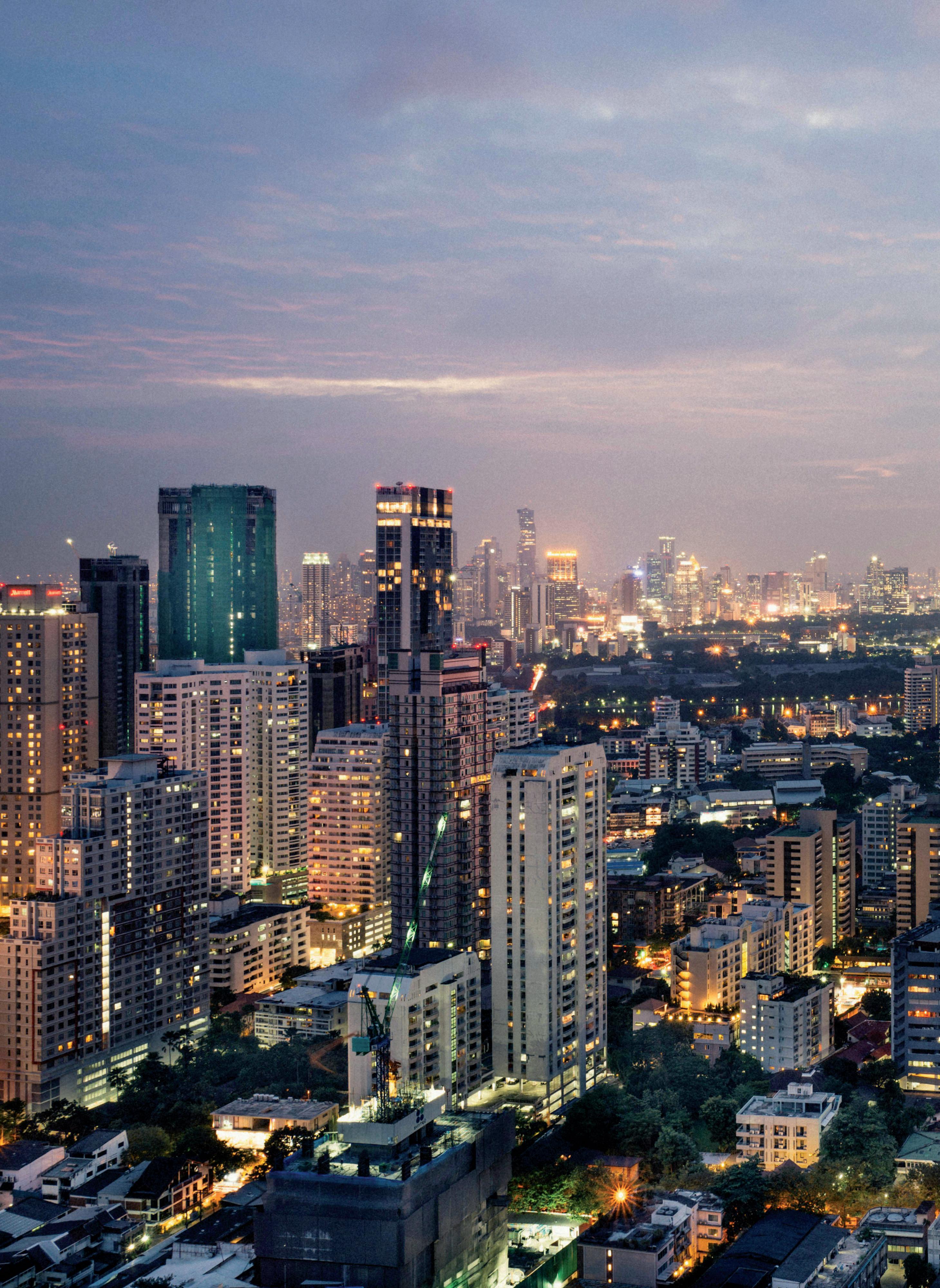

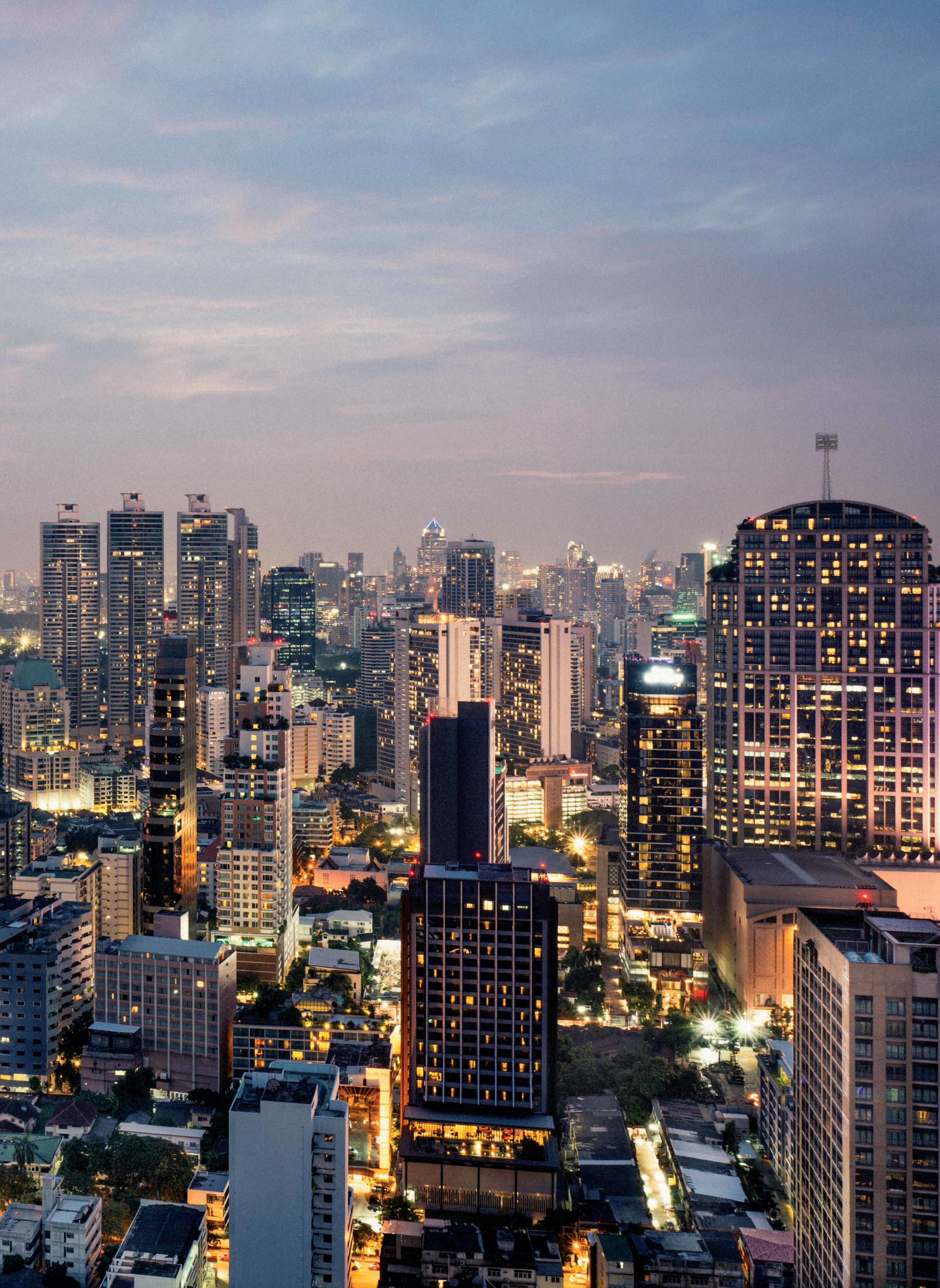
IHG Hotels & Resorts (IHG) announced the expansion of its voco hotels brand to Phuket, Thailand, in partnership with AssetWise Public Company Limited and its subsidiary Rhom Bho Property Public Company Limited, one of the country’s leading residential and real estate companies.
Set to open in 2029, the 175key voco Phuket Bangtao will welcome guests in the upscale lifestyle destination of Bangtao, along the West Coast of Phuket. It’s the third signing for voco hotels, IHG’s fastest-growing premium brand, in the country, and the first in Phuket, joining a portfolio of more than 180 open and pipeline properties globally since its launch in 2018.
“We are delighted to continue the growth momentum of voco hotels in Thailand with the signing of voco Phuket Bangtao in one of the country’s most popular and enduring destinations. I want to thank AssetWise for their trust in IHG as, together, we bring voco’s thoughtful, unstuffy and charming stay experience to travellers visiting this wonderful city and provide them with a perfect base from which to explore its diverse range of attractions,” said Bryan Chan, Vice
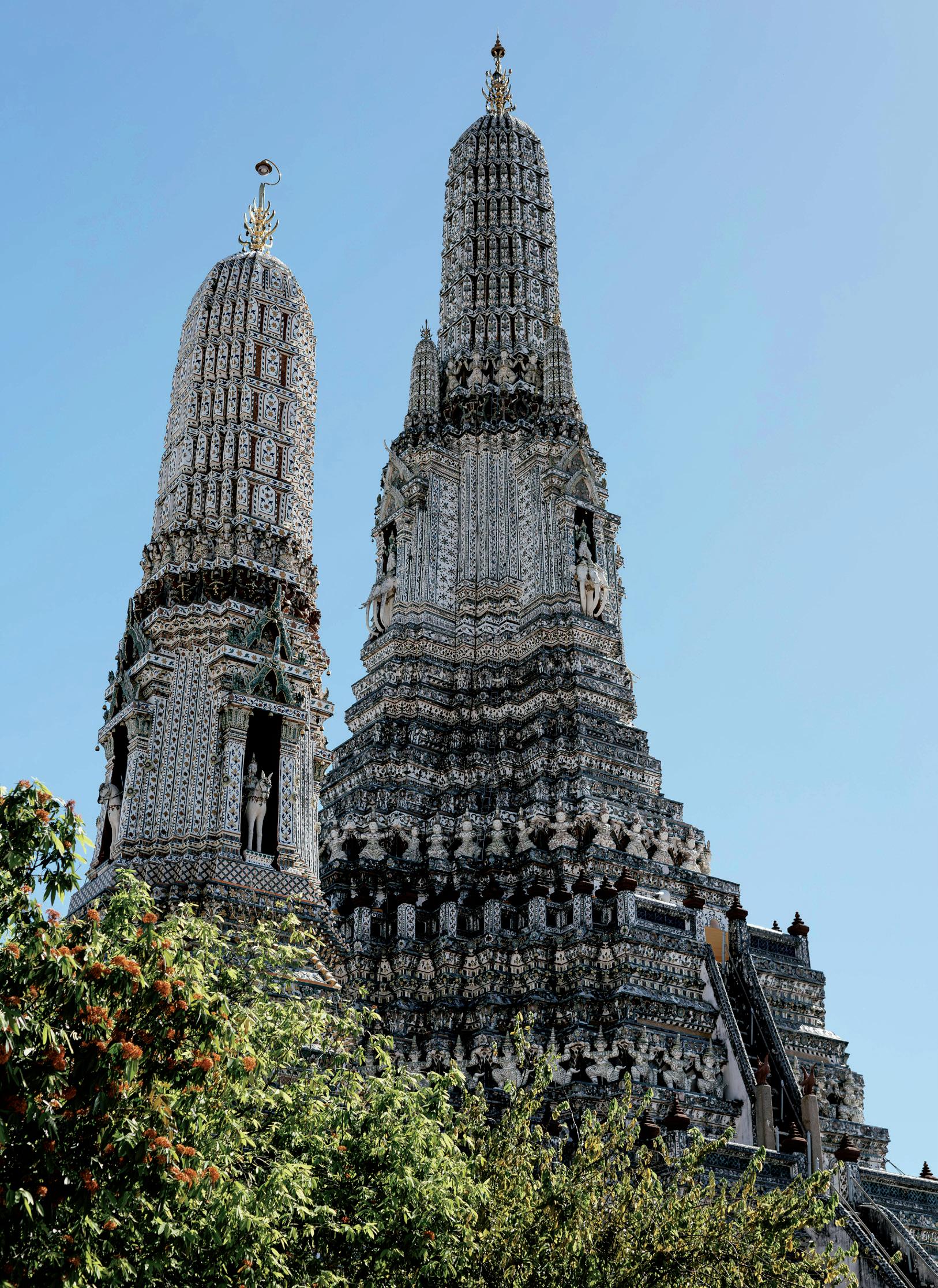
President, Development, South East Asia & Korea, IHG Hotels & Resorts.
“IHG has a great tradition in Phuket and its surrounding area with fantastic properties across our Six Senses, InterContinental, Vignette Collection, Hotel Indigo, Holiday Inn and Holiday Inn Express brands. voco Phuket Bangtao will be a wonderful addition to our estate, strengthening IHG’s presence throughout the city.”
Paneeta Malaivongs, Deputy CEO, AssetWise Public Company Limited, said it was a thrill to work with IHG for AssetWise’s first foray into hospitality and bring this wonderful new hotel to Phuket.
“We have seen IHG’s success in launching new brands and experiences in the market and are confident that they are the perfect partner to deliver results with us. Voco Hotels’ positioning as a premium brand offering a distinctive and uplifting experience will suit

the Phuket Bangtao area and we envisage it quickly becoming a leading hotel for travellers who want to be within easy reach of everything the area has to offer.”
A 30-minute drive from Phuket International Airport, voco Phuket Bangtao will be situated in the heart of Bangtao, well known as a lifestyle-led destination with beautiful white sand beaches, vibrant beach clubs and great restaurants & bars. With 175 rooms and suites, facilities will include a restaurant, lounge and bar, spa, swimming pool and fitness centre. With 40 open hotels across nine brands and 41 properties in its pipeline, Thailand is a key growth market for IHG, which is aiming to double its estate across the country in the next few years. voco hotels is set to make its brand debut in Thailand with voco Bangkok Surawong this year. l
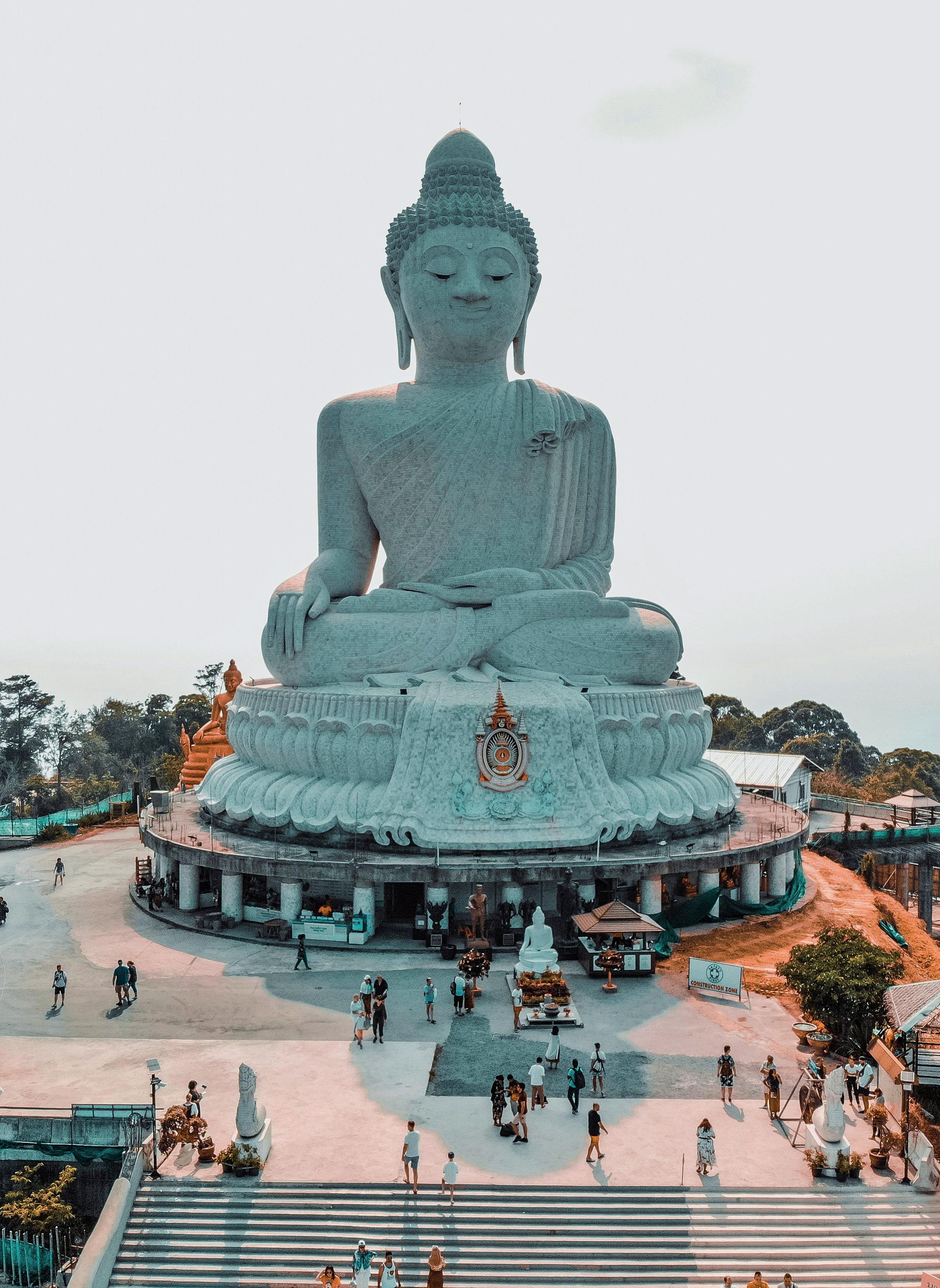
Making Ethical Decisions

Sustainable travel is no longer just an ethical choice, it’s a business imperative and a rising opportunity in the global tourism industry. In Asia Pacific (APAC), where travel habits are as diverse as the region itself, this opportunity comes with unique challenges and responsibilities.
Recent research estimates that the global sustainable tourism market value will rise at a compound annual growth rate of 23.8 percent between 2024 and 2034, reaching nearly USD 12.82 trillion by the end of 2034. However, achieving this growth requires more than meeting demand; it demands driving real, lasting change.
As GSTC collaborates with partners worldwide to establish and promote credible sustainability standards, it has seen firsthand how regional nuances influence the success of these efforts. APAC exemplifies this complexity, with cultural, economic, and infrastructural factors shaping

sustainable travel preferences and behaviours.
To create effective sustainability initiatives, travel brands must understand and embrace various complexities.
A recent study of nearly 12,000 respondents across nine APAC countries by Southeast Asia’s leading travel platform Traveloka, GSTC Platinum Sponsor, offers valuable insights into the region’s attitudes toward sustainable travel. The findings reveal both promising trends and significant barriers.
The study revealed that sustainable travel resonates strongly in many APAC markets, with over 80 percent of respondents across the region

indicating they would choose sustainable options if available.
However, there’s a notable difference in how these preferences play out across individual countries.
In countries like India, Indonesia, Thailand, and Vietnam, sustainable travel enjoys widespread support. Notably, 86 percent of Indonesian travellers are open to sustainable travel options, with 36 percent actively seeking them out, the highest in the region.
In contrast, developed markets like Singapore, Australia, and Japan show significantly lower adoption rates. Around 40 percent of Australians and 37 percent of Japanese travellers say they do not really opt for sustainable options, often citing cost and limited
availability as key barriers.
Across the region, cost is consistently identified as the biggest impediment. For instance, 38 percent of Singaporean travellers and 36 percent of Australians pointed to the high cost of sustainable options as the top deterrent.
A lack of awareness and accessibility further complicates adoption, particularly in markets where eco-friendly accommodations and services are harder to find.
For instance, 31 percent of Japanese travellers said they do not know where to look for sustainable options. These findings underline the importance of tailored strategies and signal that brands need to offer sustainable options that are both affordable and accessible. l
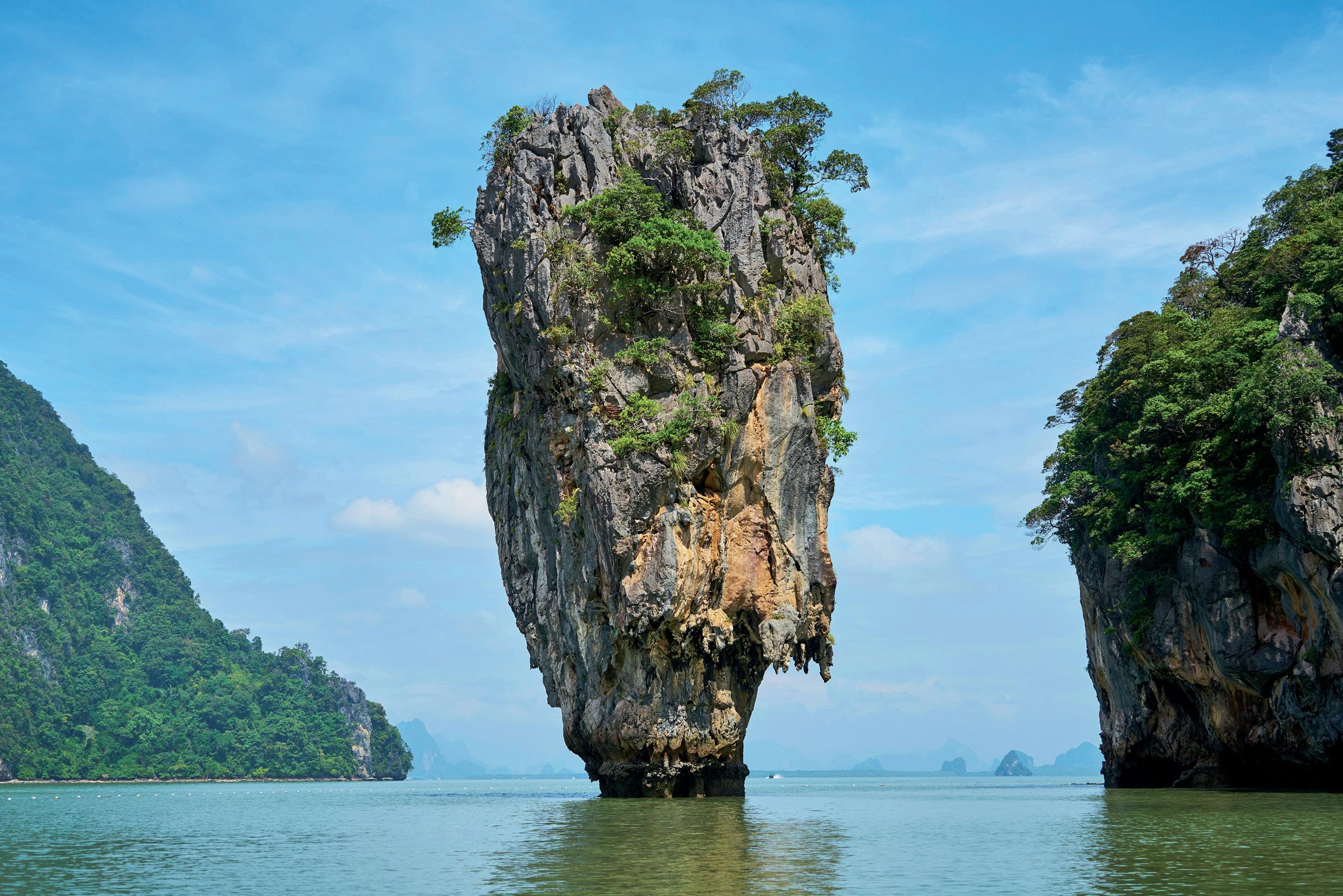
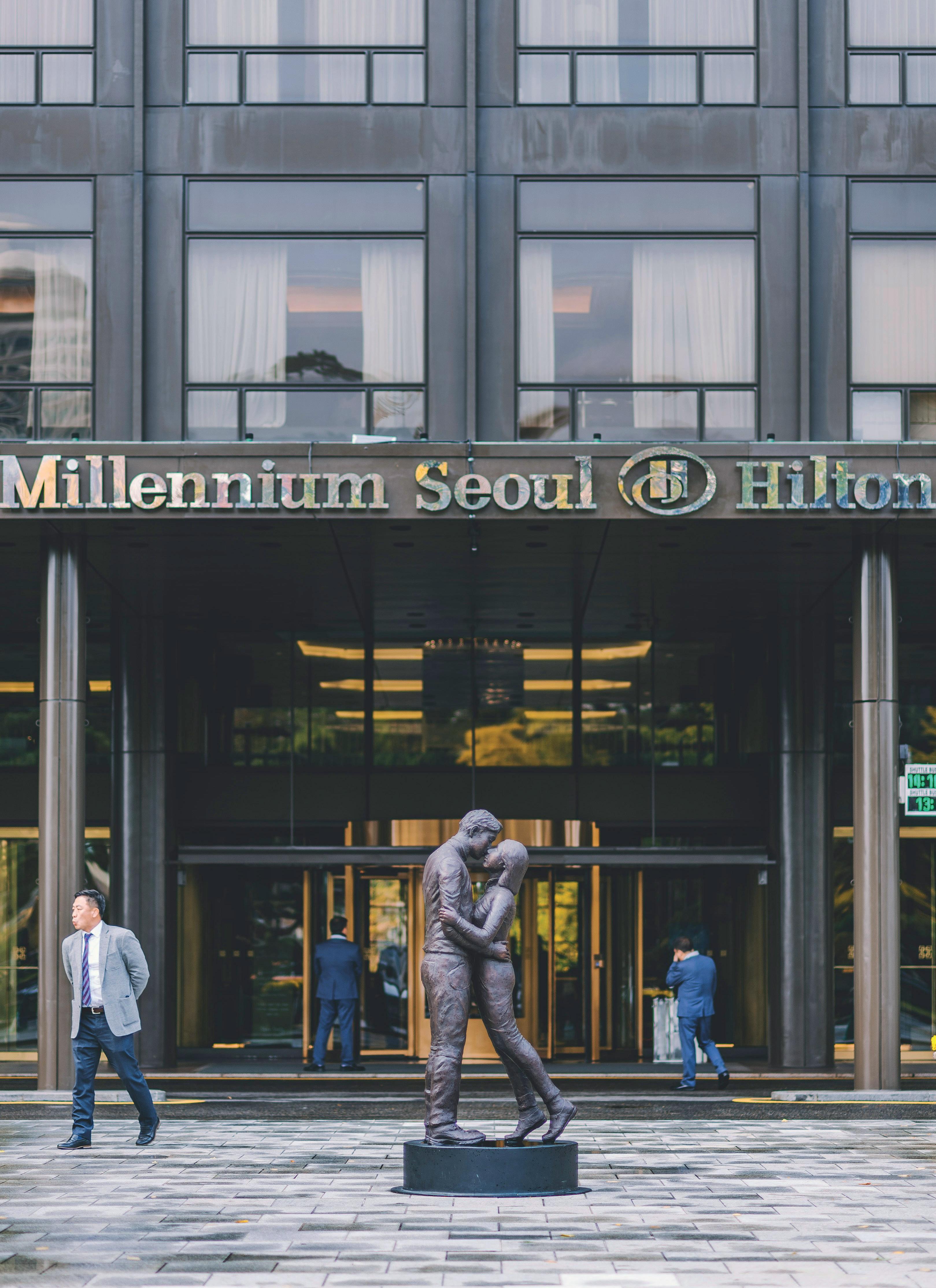
Major Regional Milestone
Ahead of its goal, Hilton had a strong start to 2025 within the Asia Pacific region.
Hilton has announced that following a record year of growth, the company has reached 1,000 trading hotels in Asia Pacific, up from 761 at the end of 2023 and ahead of its goal of 1,000 trading hotels by 2025.
In the past five years, Hilton has grown its estate by a CAGR of almost 25 percent as the rising middle class in Asia Pacific seeks out travel and experiences. With a pipeline of 915 hotels in various stages of development, Hilton is now on course to double its overall portfolio in the coming years.
“Hilton’s rapid expansion across Asia Pacific is underpinned by rising customer demand for our brands and appetite for unique travel experiences at every price point,” said Alan Watts, president, Asia Pacific, Hilton.
“New openings in gateway cities, key transport hubs and Asia’s sought-after resorts are unlocking fresh opportunities for the region’s travellers and pave the way for continued momentum in the years to come.”
New openings across the portfolio contributed to the 1,000 milestone, including Hilton Shanghai City Center, Hilton Gurugram Baani City Centre, Canopy by Hilton Osaka Umeda, The Motley Hotel Richmond, Tapestry Collection by Hilton and Hilton Garden Inn Bangkok Riverside.
“Despite Hilton’s significant growth, there remain many new
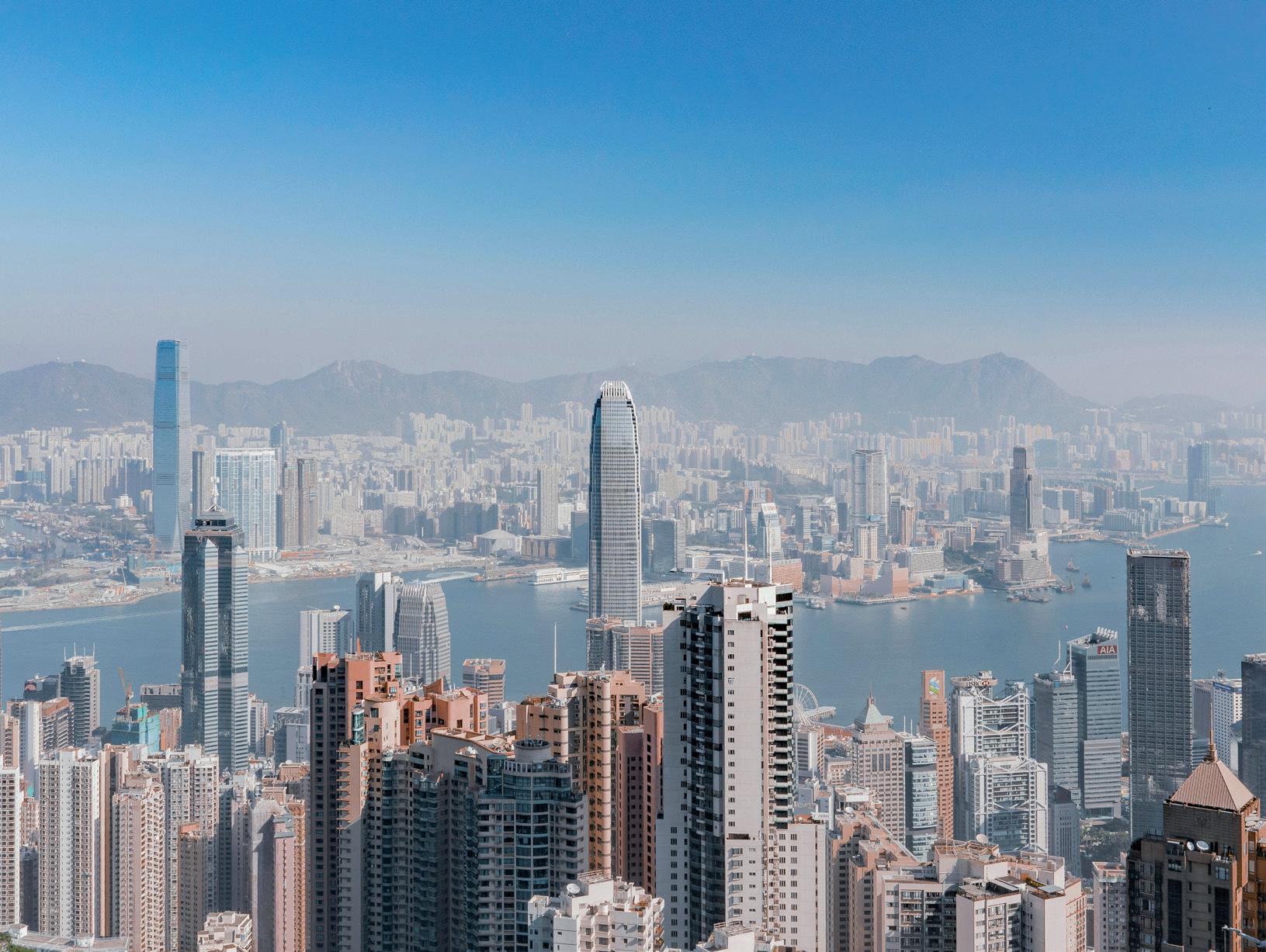
opportunities for development as demand continues to outstrip supply for hospitality in Asia Pacific,” said Clarence Tan, senior vice president, Development, Asia Pacific, Hilton.
“We are focused on bringing the right brands to the right places at the right time. We see demand continuing to grow from the mid-market to luxury and we will continue to bring new hotels to market that cater to different price points and stay occasions.”
Looking ahead, Hilton is on track to more than double its portfolio of 500 mid-market hotels today, with focused service brands such as Hampton by Hilton and Hilton Garden Inn expanding across the region. Its luxury estate is set to
grow to 150 hotels in the coming years, quadrupling its current size. Alongside its operating and upcoming Waldorf Astoria, Conrad and LXR-branded hotels, Hilton has also entered into an exclusive partnership with Small Luxury Hotels of the World, adding more unique properties to its Asia Pacific portfolio and complementing its existing luxury offerings. In addition, the company’s full-service brands, the flagship Hilton Hotels & Resorts and DoubleTree by Hilton Hotels, are on track to grow by another 160 hotels in the coming years. Three-quarters of Hilton’s pipeline of 915 hotels is already under construction, leading the industry in pipeline hotels under construction. l
Genuine Guest Hospitality
Meliá Pattaya Hotel, which debuted in the heart of vibrant Pattaya near Bangkok in February this year, has received a prestigious International Guest Certified Hotel Award 2025.
The 234-room hotel received the award this month in recognition of its “outstanding dedication to genuine hospitality”.
The International Guest Certified Hotel Award was founded in 2004 in Austria by Ortwin Oberhauser, who grew up in a family-run hotel and set up digital agency Hotel-Werbung. com specialising in websites and booking systems for hotels and tourism destinations.
His daughter, Victoria Overhauser and filmmaker Matthias Konig from agency bobdo.com GmbH have “reimagined” the awards this year. Award winners have been selected based on AI technology that has assessed authentic guest reviews, rather than by award applications, mystery guests, judging panels or juries.
“International Guest Certified Hotel Award seeks to answer one core question: Is this hotel truly loved by its guests?” the award’s organisers said.
The award statement notes that Meliá Pattaya Hotel’s “guests consistently describe moments of warm welcomes, genuine smiles,

and service that feels both attentive and personal. They speak of team members who remember their preferences, offer thoughtful recommendations, and create an atmosphere where every detail contributes to a sense of comfort and belonging. From the first greeting upon arrival to the farewell at departure, guests highlight the kindness, professionalism, and heartfelt care shown by the entire team. Whether through attentive dining experiences, personal tips for exploring Pattaya, or simply being made to feel truly valued, each stay leaves behind memories that linger.”
Meliá Pattaya Hotel’s general manager, Javier Gimeno, said he and the team were thrilled to win the award so soon after the hotel’s opening.
“This award is testament to our efforts to deliver Meliá’s warm Spanish hospitality, distinctive passion for service and focus on the customer’s wellbeing at our oneof-a-kind hotel in an unbeatable location,” Gimeno said.
Continued on pg. 43

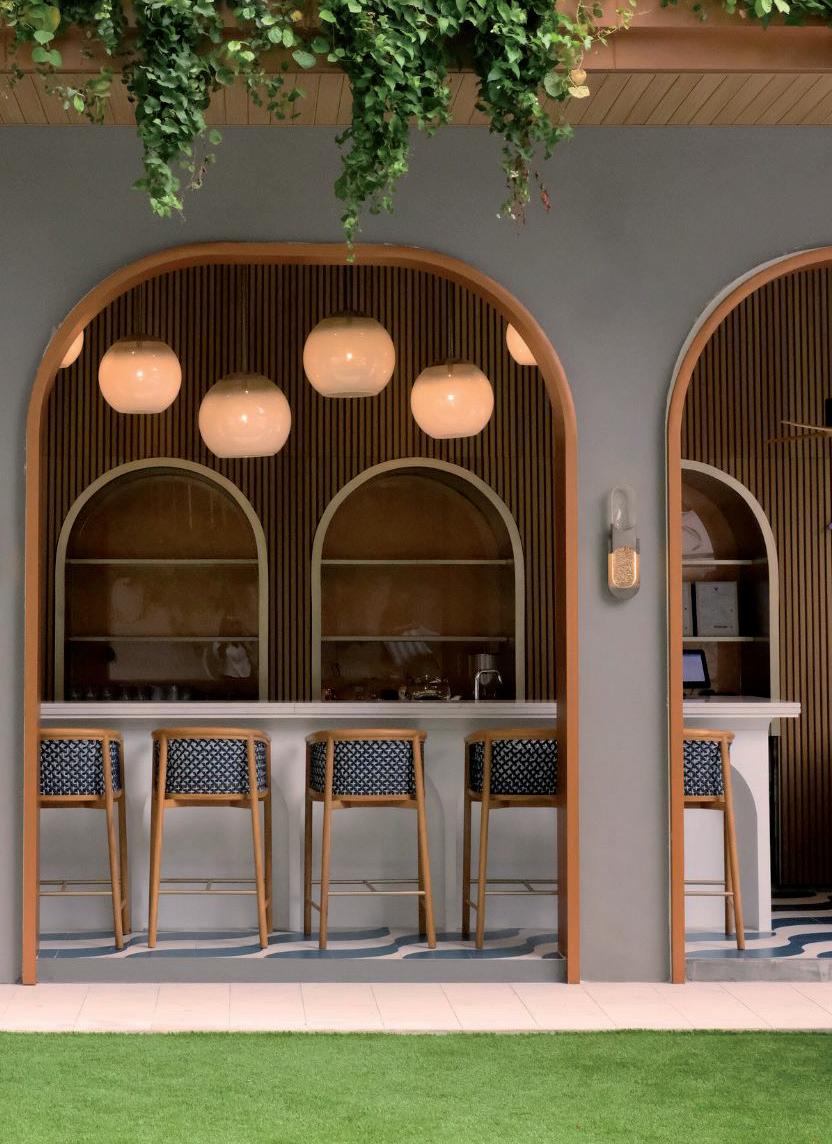
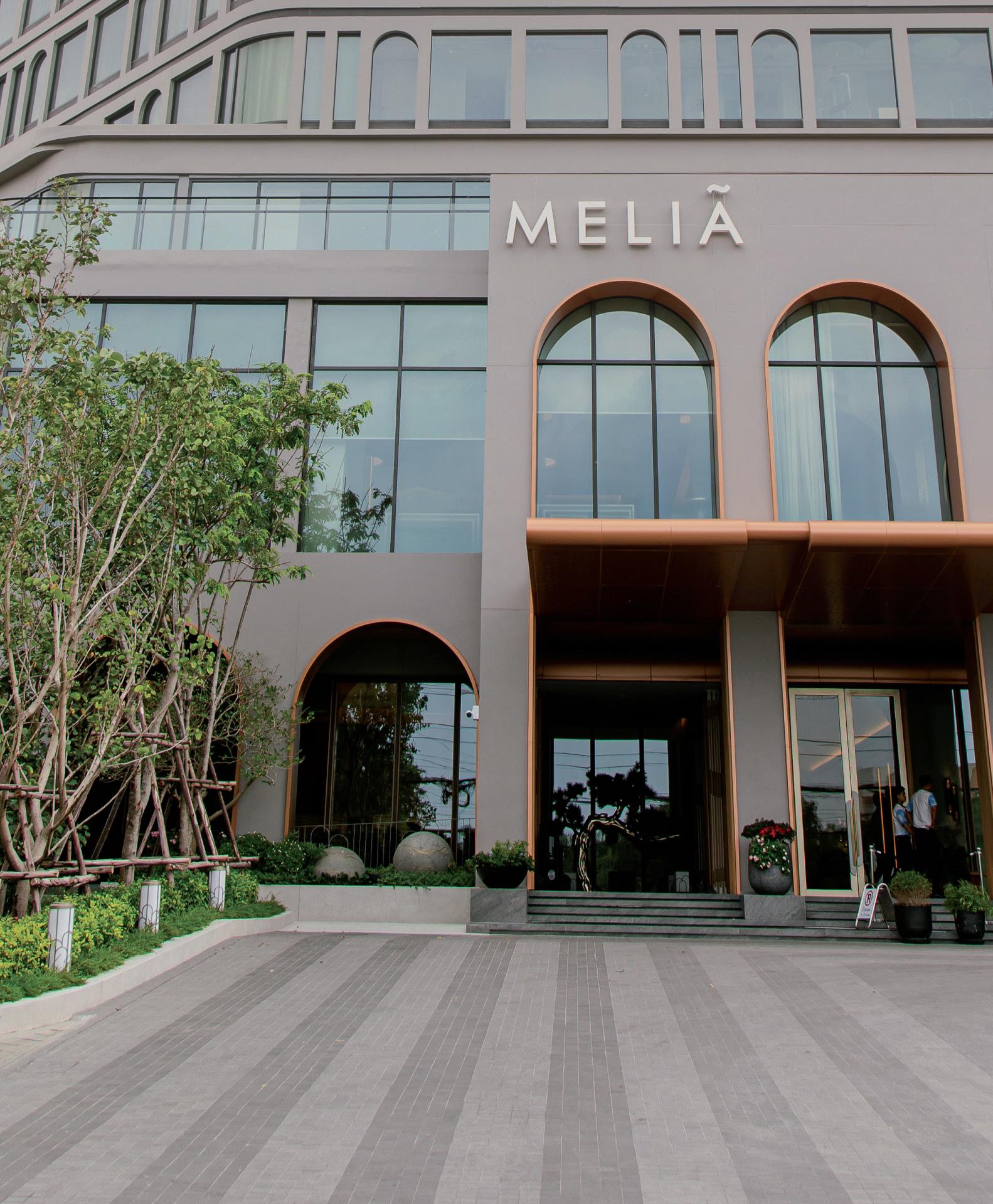


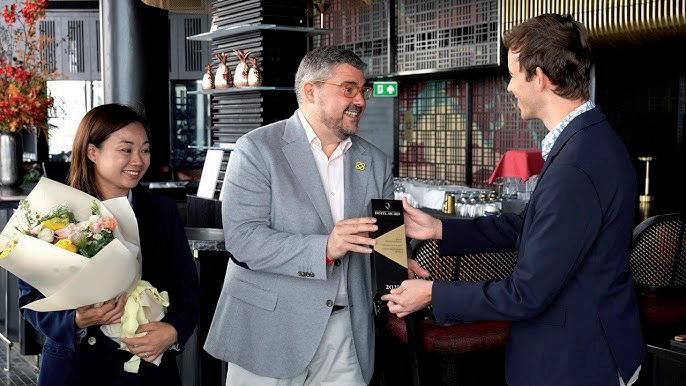
This award is testament to our efforts to deliver Meliá’s warm Spanish hospitality, distinctive passion for service and focus on the customer’s wellbeing at our one-of-a-kind hotel in an unbeatable location,
Continued from pg. 40
A short drive from Bangkok on the Gulf of Thailand’s east coast, Meliá Pattaya Hotel is situated on Second Road, known as Pattaya Sai Song, in the heart of the action in ‘Central Pattaya’. The hotel affords easy access to an array of attractions such as Pattaya Beach, Walking Street, Central Festival Pattaya, Terminal21 Shopping Mall, the wooden temple Sanctuary of Truth, and Bali Hai Pier. Islands such as Koh Larn are strewn just offshore, offering idyllic spots for swimming and snorkelling.
A picture-perfect swimming pool adjacent to Lula Pool Bar and
function lawn, Meliá’s signature YHI Spa, kids club Kidsdom,a fullyequipped gym, coworking space, and collection of versatile meeting spaces are among the hotel’s worldclass facilities. Meliá Pattaya Hotel’s diverse dining landscape includes Yitong Chinese Restaurant and Sky Bar, which specialise in Cantonese and Sichuan cuisine, promoting health and sustainability, and an all-day dining restaurant, Sanehh Sarae, that serves fresh, locally sourced seafood and tells the story of Pattaya’s Bang Saray fishing village. Adjacent to Sanehh Sarae is Japanese-Peruvian Nikkei restaurant Den, which pays tribute to nearby “Little Japanese Town” Si Racha. l
Elevating Luxury in Kuala Lumpur
Hyatt Regency Kuala Lumpur at KL Midtown has officially debuted as the city's ultimate convention and leisure destination.
The debut of Hyatt Regency Kuala Lumpur at KL Midtown marks the brand's highly anticipated return to the city. The development is led by KL Midtown Sdn Bhd, a partnership between Hap Seng Land Sdn Bhd (Hap Seng Consolidated Bhd) and TTDI KL Metropolis Sdn Bhd (Naza TTDI Sdn Bhd).
The opening ceremony was attended by distinguished guests from business, architecture and diplomacy. Key attendees included Hap Seng Consolidated Group Berhad, Chairman, Thomas Karl Rapp and Managing Director, Datuk Edward Lee; Naza Group of Companies, Group Chairman and CEO, Encik Nasarudin Nasimuddin and Deputy Executive Chairman, Encik Faliq Nasimuddin. The event also welcomed renowned architect Kengo Kuma, Principal of Kengo Kuma & Associates, Group President, Asia Pacific, Hyatt Hotels Corporation, David Udell, among other notable guests.
The hotel enjoys an ideal location in the vibrant heart of Dutamas and Mont Kiara. This coveted address among Kuala Lumpur's most prestigious neighbourhoods offers unmatched access to the city's business district, iconic cultural landmarks and premier shopping and entertainment hubs.
The hotel is seamlessly accessible to major suburban freeways and puts guests a short walk away from the Malaysia International Trade and Exhibition Centre (MITEC), the country's largest event venue. This strategic position makes it ideal for discerning business travellers attending conferences, event planners organising gatherings and leisure guests exploring the city's offerings.
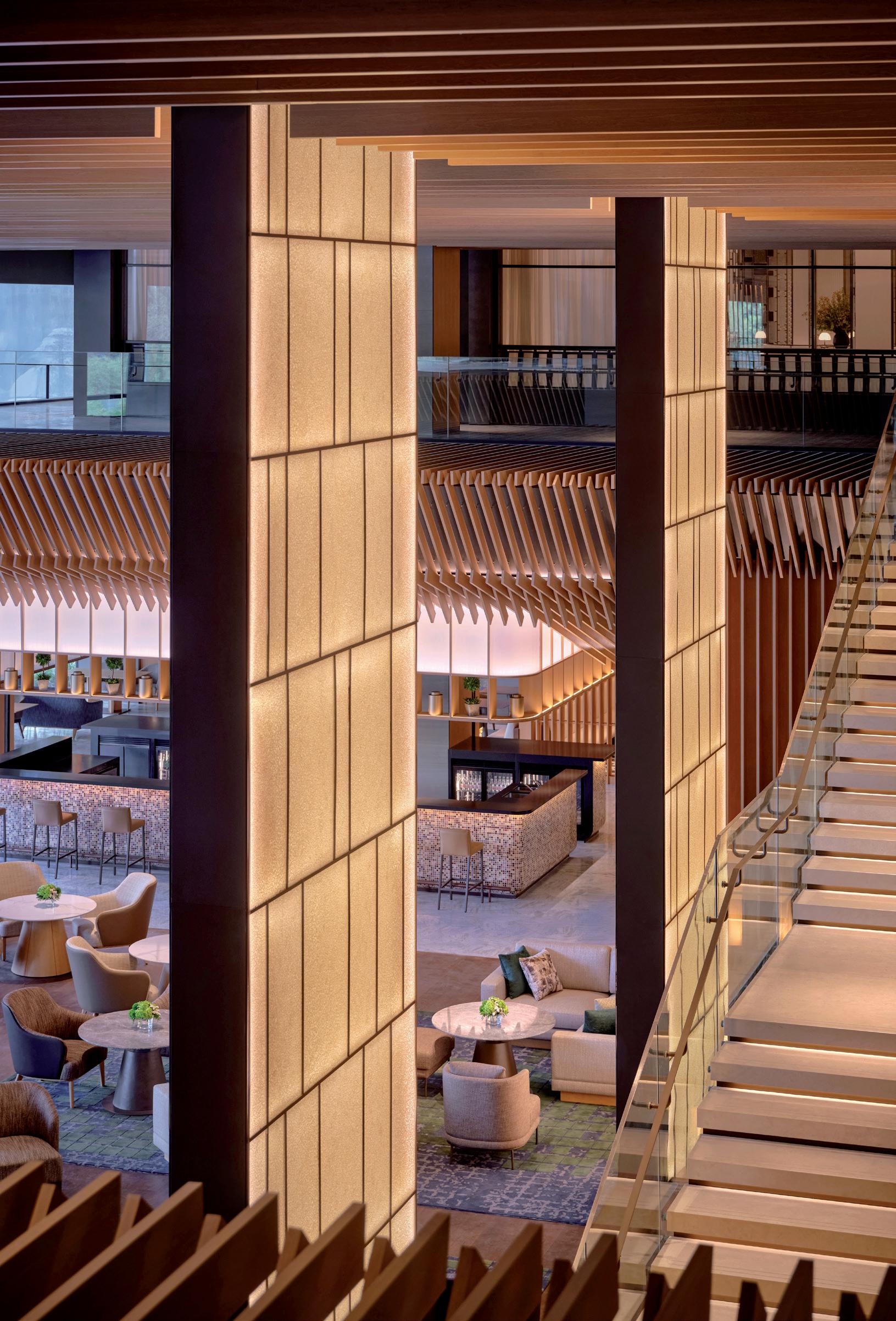

Designed by world-renowned Japanese architect Kengo Kuma, the hotel embodies a harmonious fusion of nature, Japanese heritage and contemporary sophistication. Celebrated for his philosophy of lightness, transparency and sustainability, Kuma’s vision for Hyatt Regency Kuala Lumpur at KL Midtown integrates natural materials such as wood, stone and paper, creating a serene yet dynamic atmosphere. His architectural brilliance ensures the hotel holds cultural depth while offering a modern, inviting retreat.
“We are delighted to introduce Hyatt Regency Kuala Lumpur at KL Midtown, a hotel that redefines urban hospitality through exceptional design, thoughtful amenities and an unparalleled location,” said Till Martin, General Manager.
“With Kengo Kuma’s inspiring architecture and our commitment to offering a thoughtfully curated experience, we are poised to deliver a lasting impression for both business and leisure travellers. We aim to cultivate a dynamic hub for global events, fostering connections and elevating the city’s status as a premier destination for business, convention, lifestyle and tourism hub.”
With 410 accommodations, including 306 well-appointed guestrooms and suites and 104 fully serviced residences, the hotel caters to both short-term visitors and extended-stay guests.
The hotel offers a wide variety of accommodations, including 15 room types and 22 suites, from King and Twin Rooms to Regency Club Rooms and Suites, Diplomatic Suites, and the exclusive Presidential Suite. Guests booking Regency Club rooms enjoy access to the Regency Club
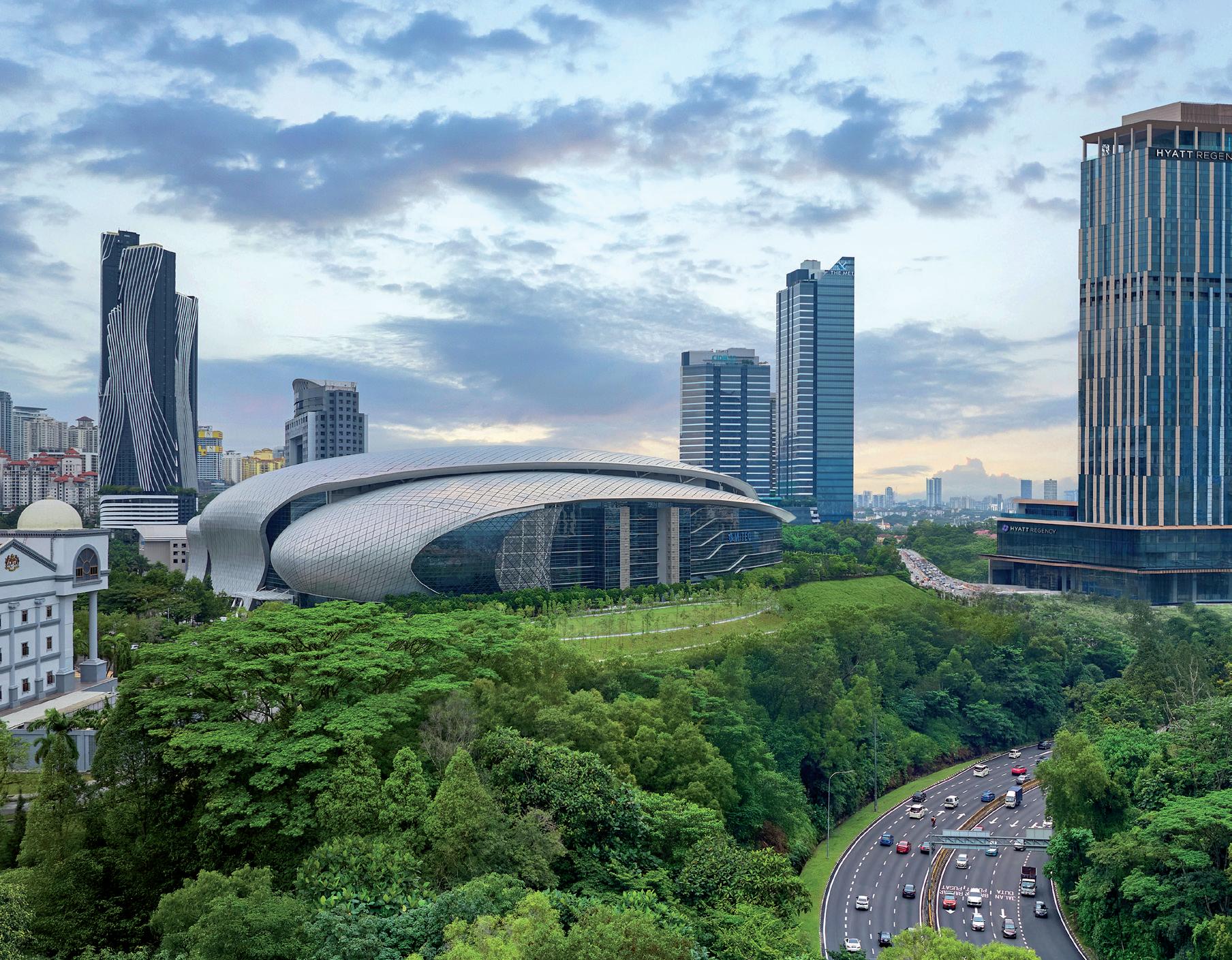
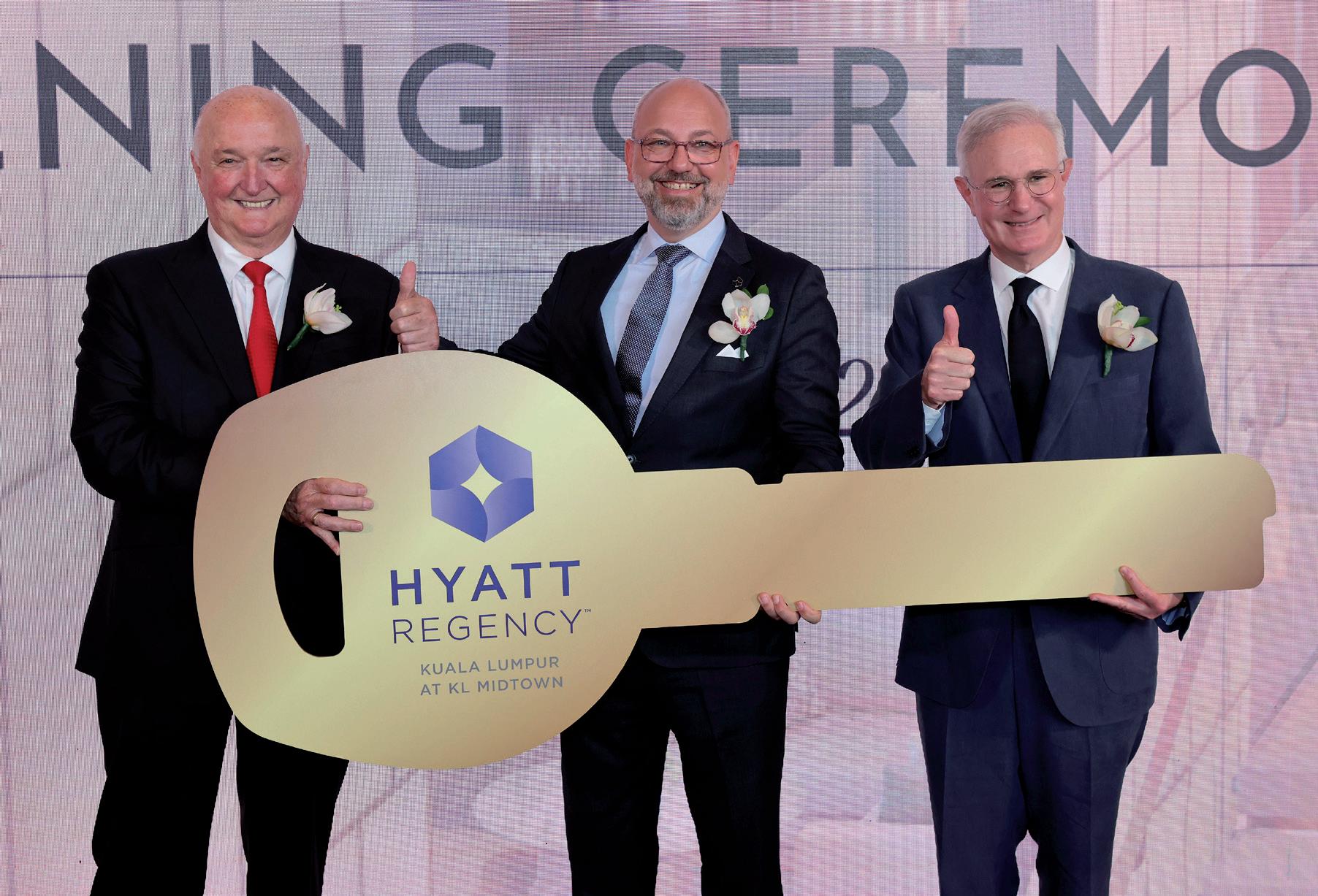
Lounge, a warm and comfortable space designed for productivity and relaxation, open daily with breakfast, afternoon refreshments and evening cocktails available throughout the day.
The fully serviced residences available for booking feature a private lobby entrance and a dedicated guest drop-off and driveway area, ensuring
a seamless arrival experience. Guests may select from well-appointed one or two-bedroom apartments, each equipped with a kitchenette featuring a full-sized refrigerator, along with separate dining and living areas, perfect for families, business travellers or those in need of an extended stay during transitional periods. l
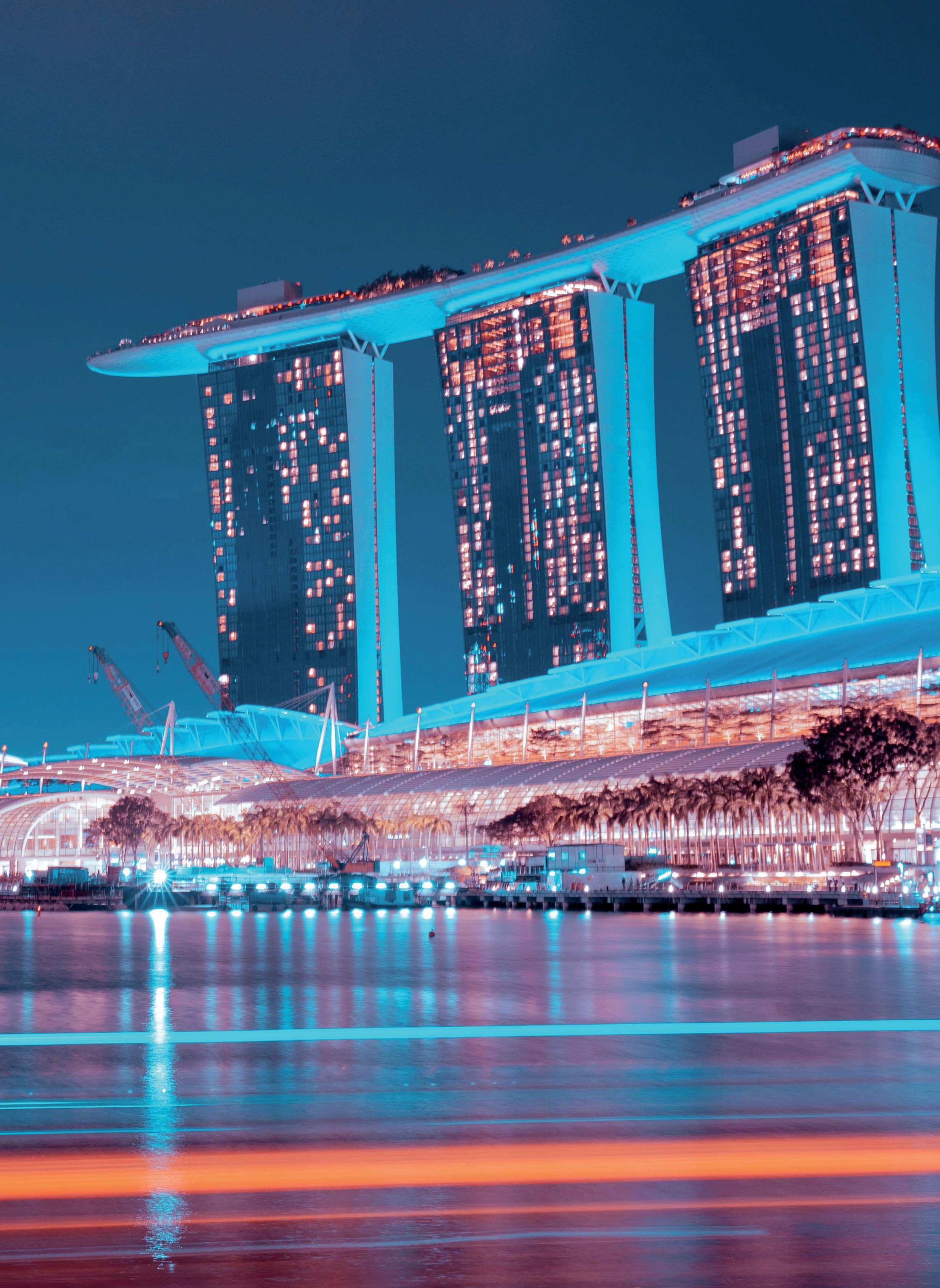

Partnering for Perfect Sleep
InterContinental Singapore has announced a global-first within the IHG Hotels & Resorts portfolio; a partnership with NuCalm, a cutting-edge, neuroscience-based wellness technology designed to support deep rest, stress recovery, and peak mental performance. This partnership has marked a bold step in redefining restorative travel in the luxury space.
As the first IHG property worldwide to integrate NuCalm's full Sleep Performance Suite, including the acclaimed DeepSleep program, InterContinental Singapore transforms every guestroom into a personalised haven for physical and mental rejuvenation. NuCalm uses neuroacoustic software and patented frequency stimulation to gently guide the brain into desired states of relaxation, focus, or deep sleep, empowering guests to recover from jet lag, prepare for important meetings, or prioritise self-care while travelling.
NuCalm's DeepSleep program is a cutting-edge, patented neuroacoustic software designed to guide the brain into its most restorative states of sleep. By gently synchronising brain waves, DeepSleep allows users to fall asleep with ease, sleep more deeply, and wake up feeling truly refreshed and renewed. With sleep deprivation on the rise due to stress and travel fatigue, DeepSleep offers an accessible and highly effective solution for both business and leisure travellers.
At InterContinental Singapore, DeepSleep will be available via inroom sound bars, transforming the
guestroom into a sanctuary of sleep. Guests may select the DeepSleep journey on the NuCalm mobile app or in-room interface, letting the program work effortlessly in the background throughout the night.
"Wellness continues to be a key priority for our guests, so we are proud to bring NuCalm's transformative technology to InterContinental Singapore,” Andreas Kraemer, General Manager at InterContinental Singapore.
“By offering innovative, sciencebacked tools like the DeepSleep program, we can offer more ways for our guests to feel their best; whether that's better sleep, more focus, or improved recovery. This isn't just about elevating luxury; it's promoting holistic wellbeing at every stage of the guest journey."
"We're thrilled to partner with InterContinental Singapore to bring NuCalm's neurosciencebased wellness technology to the hospitality space in a truly integrated way,” said Jim Poole, CEO of NuCalm.
“By embedding NuCalm into the guest experience, we're expanding the reach of our mission: to make deep rest, mental clarity, and stress recovery achievable for anyone, anywhere, even while on the move." l


